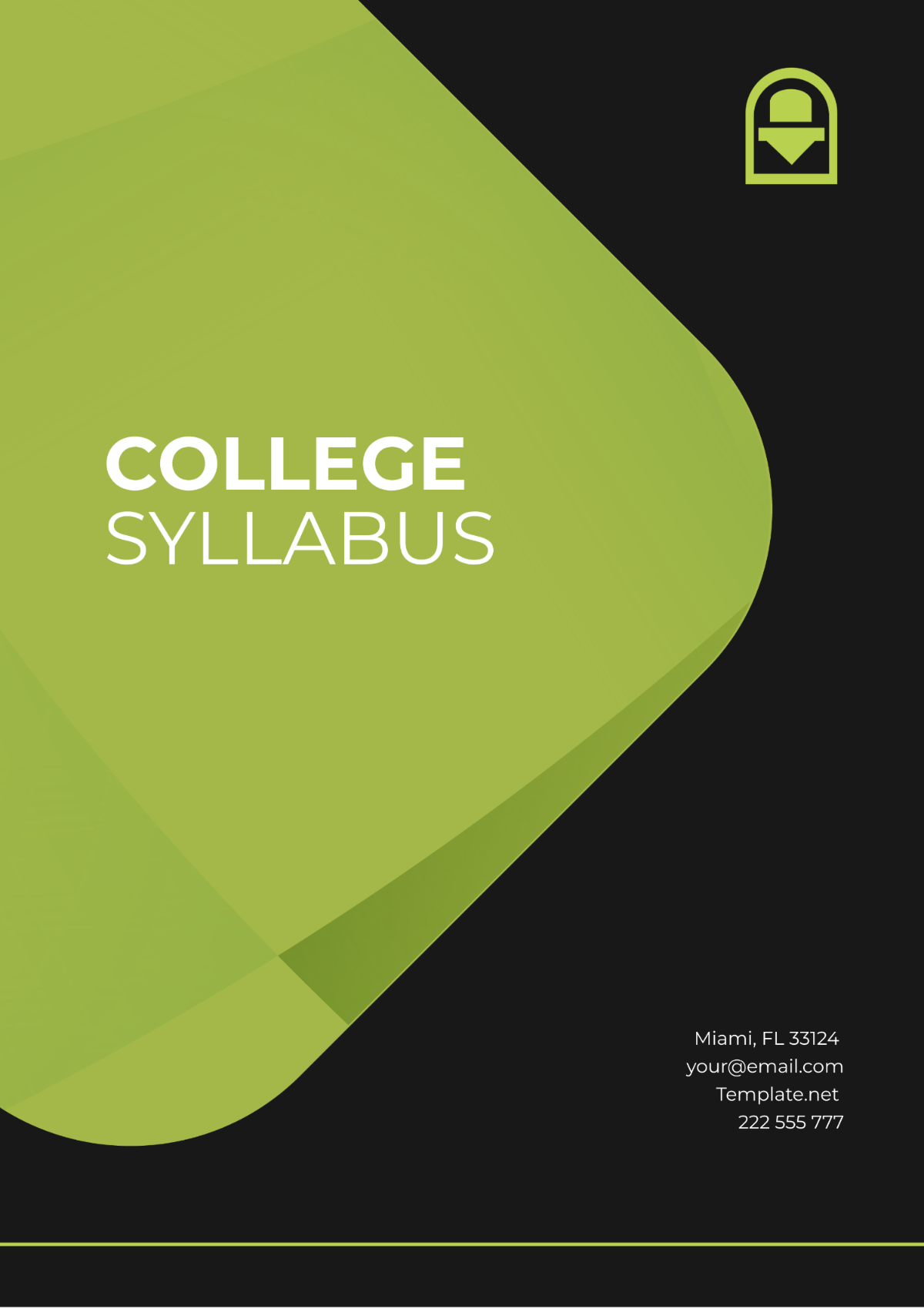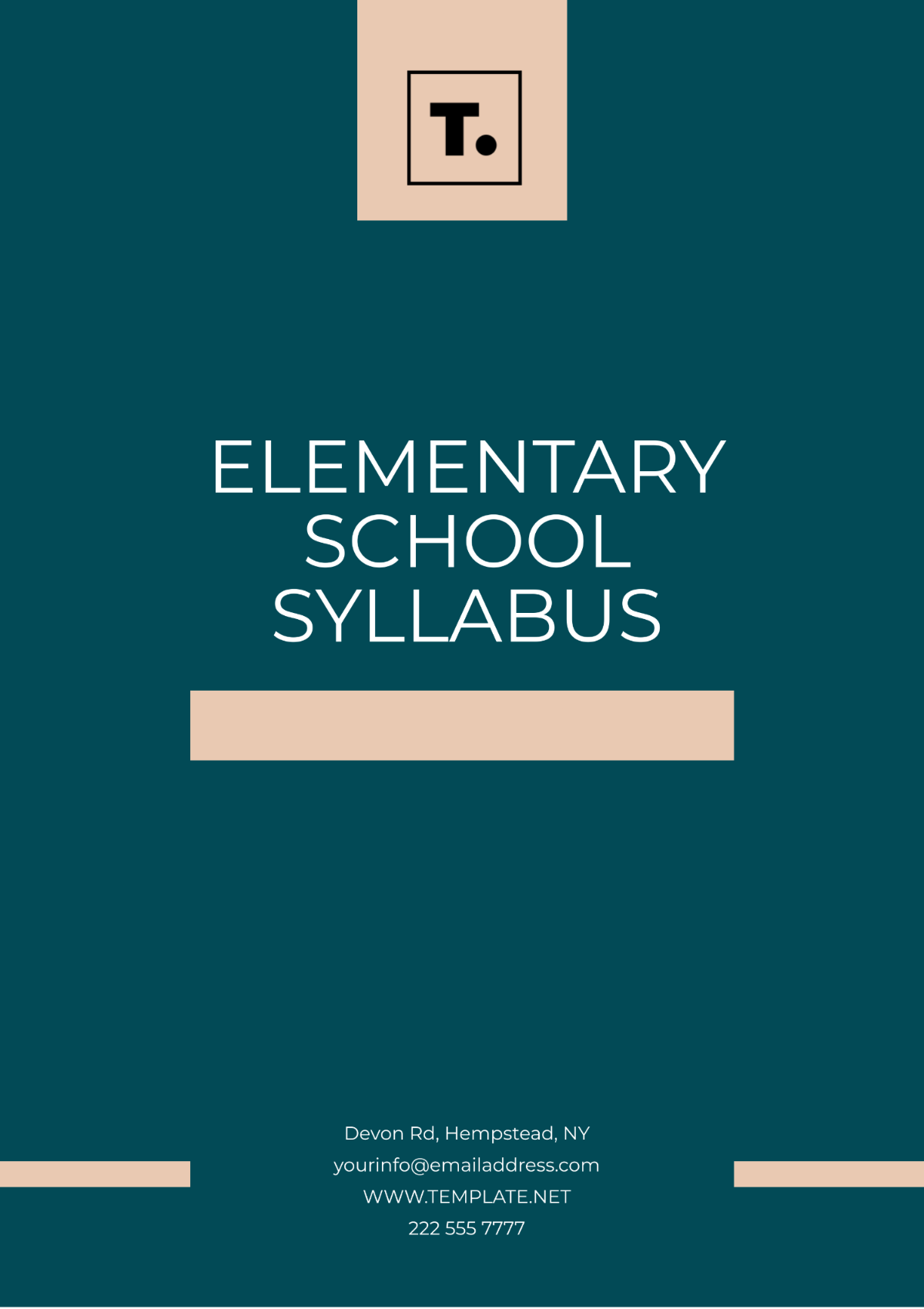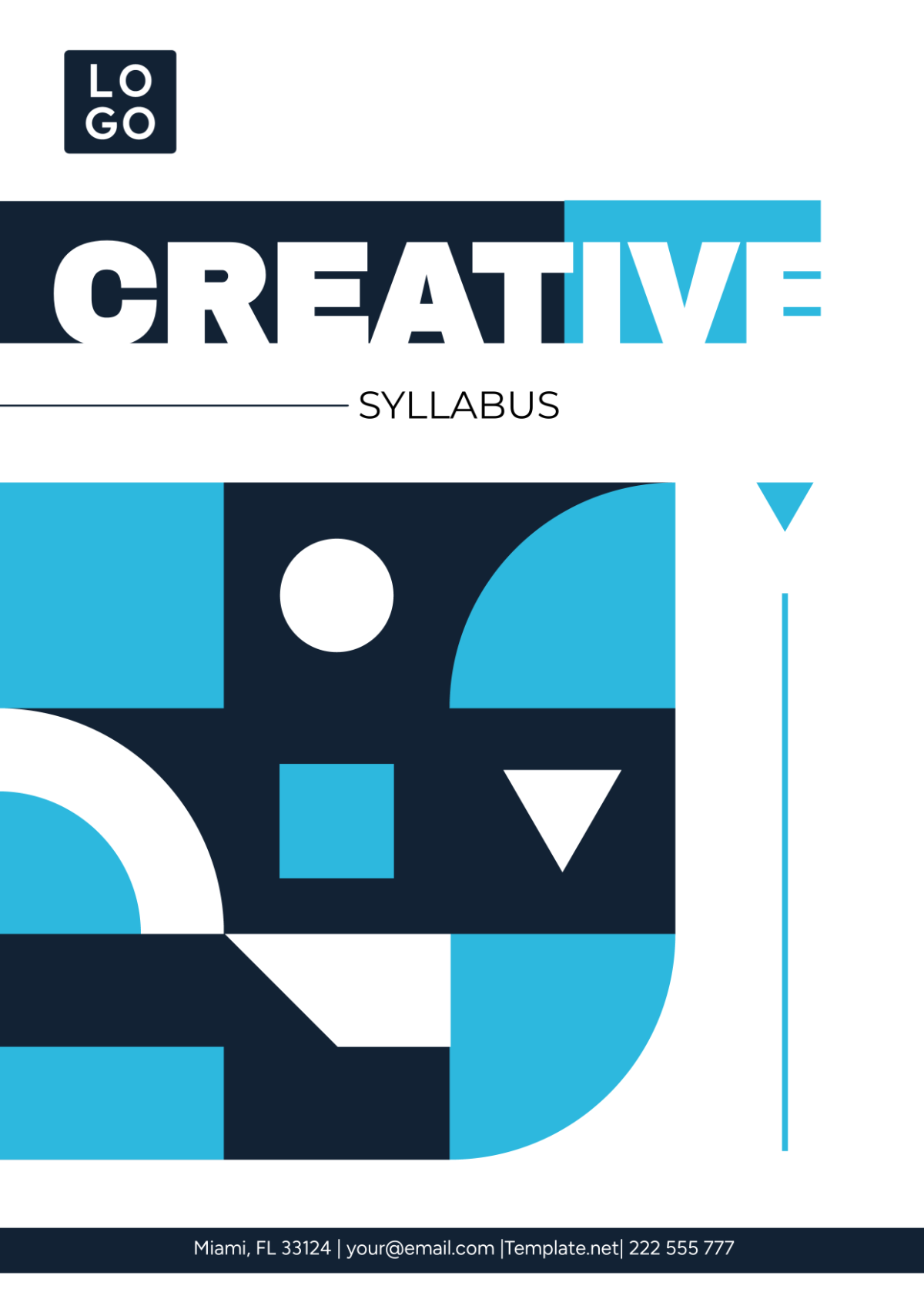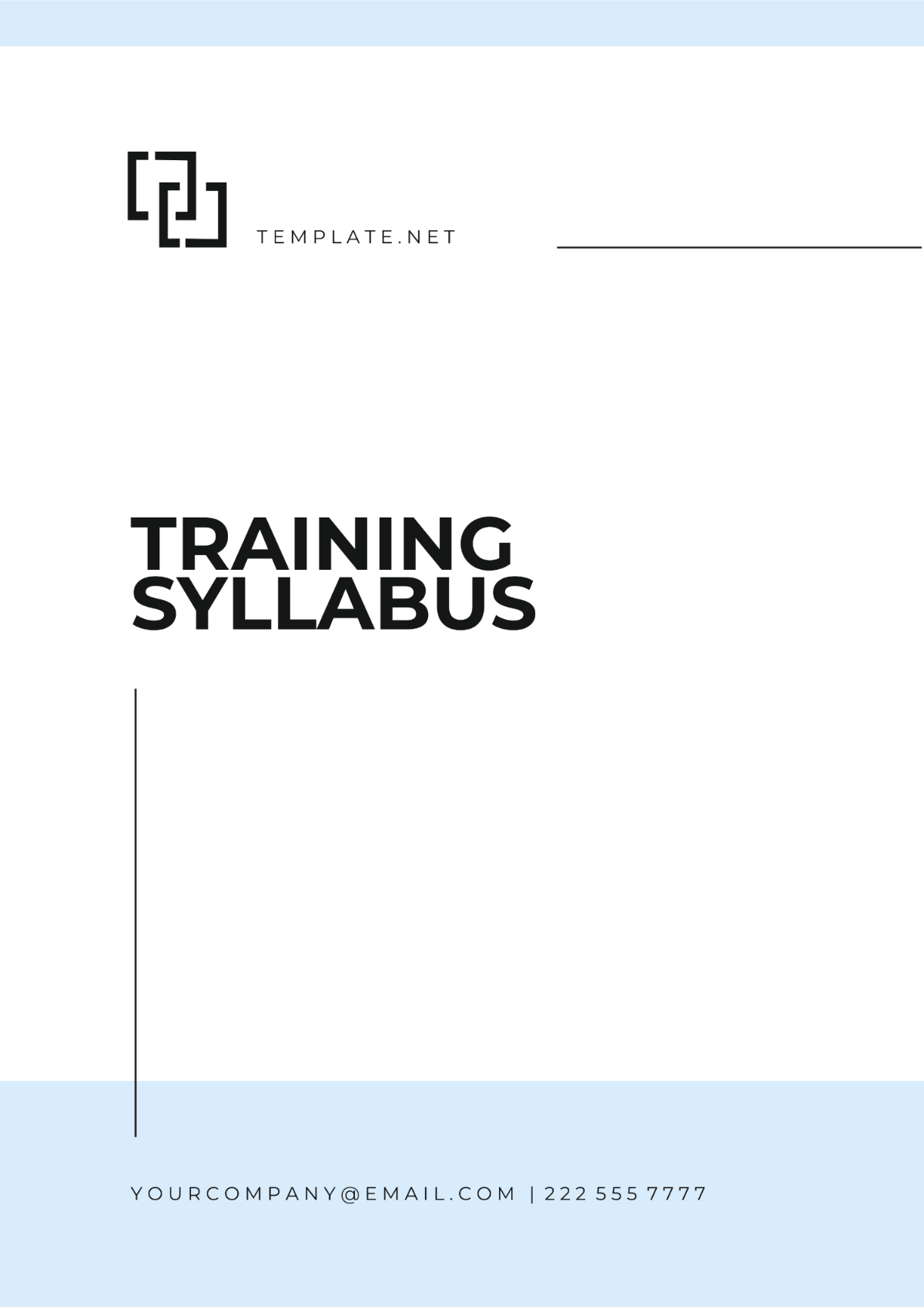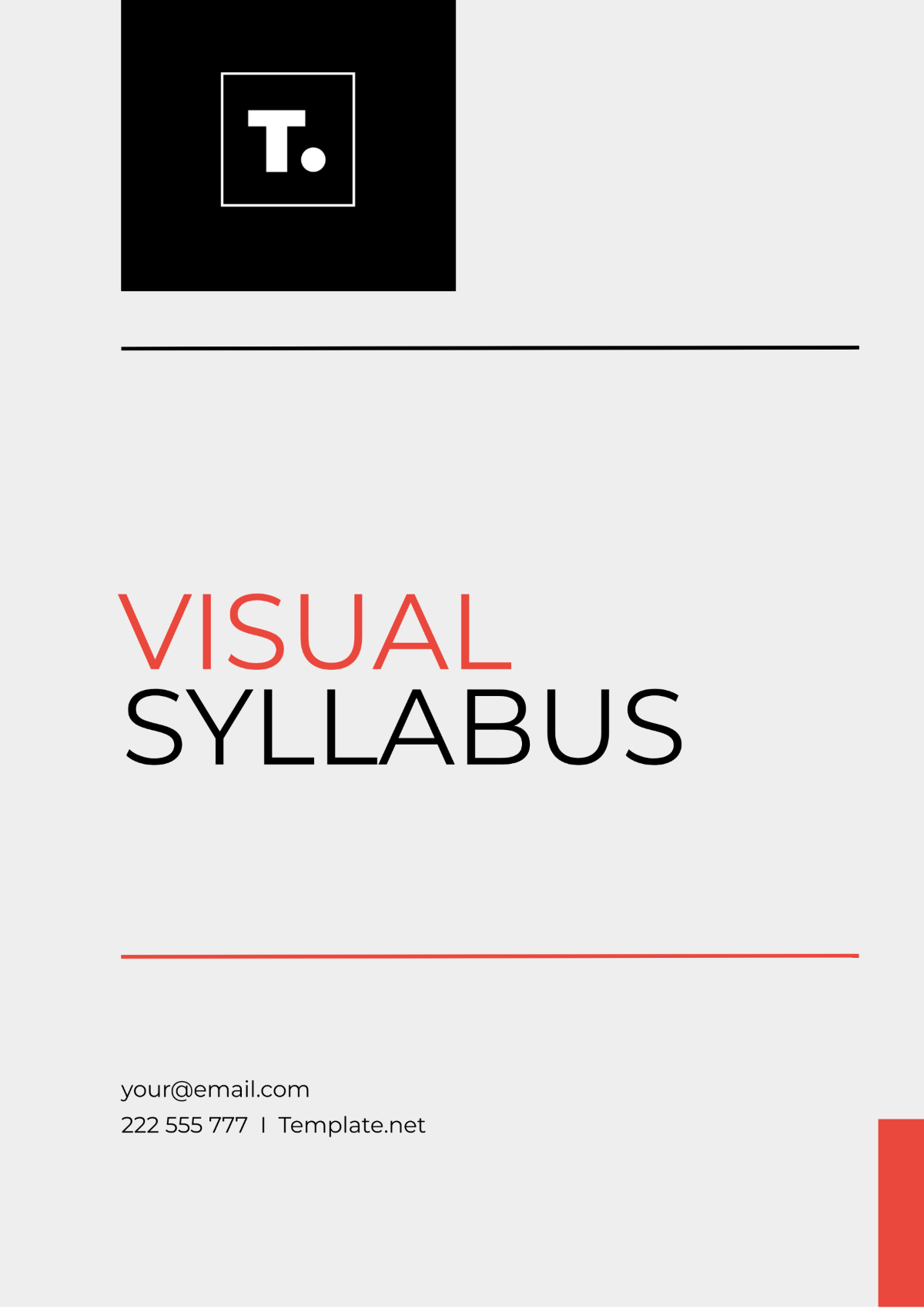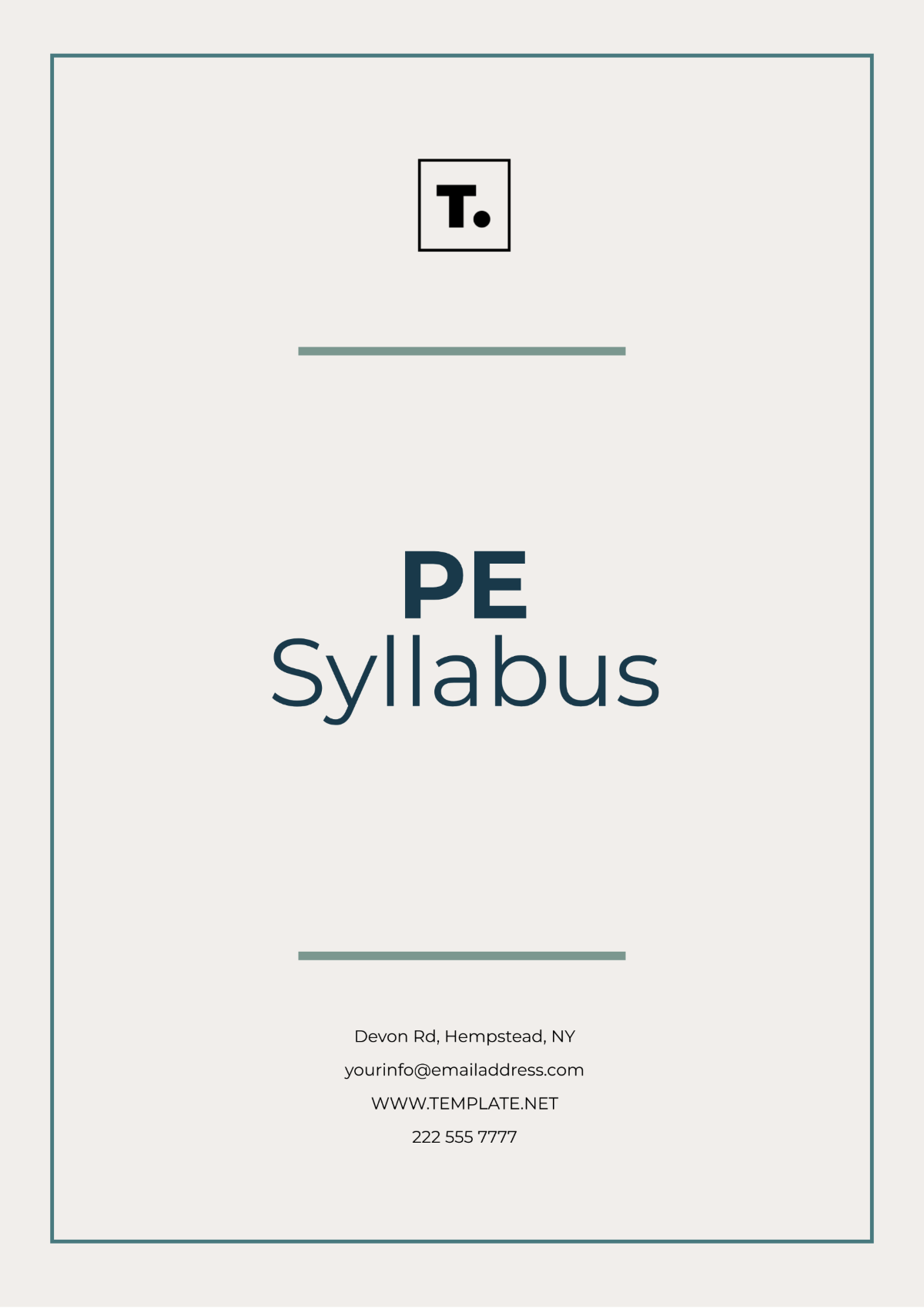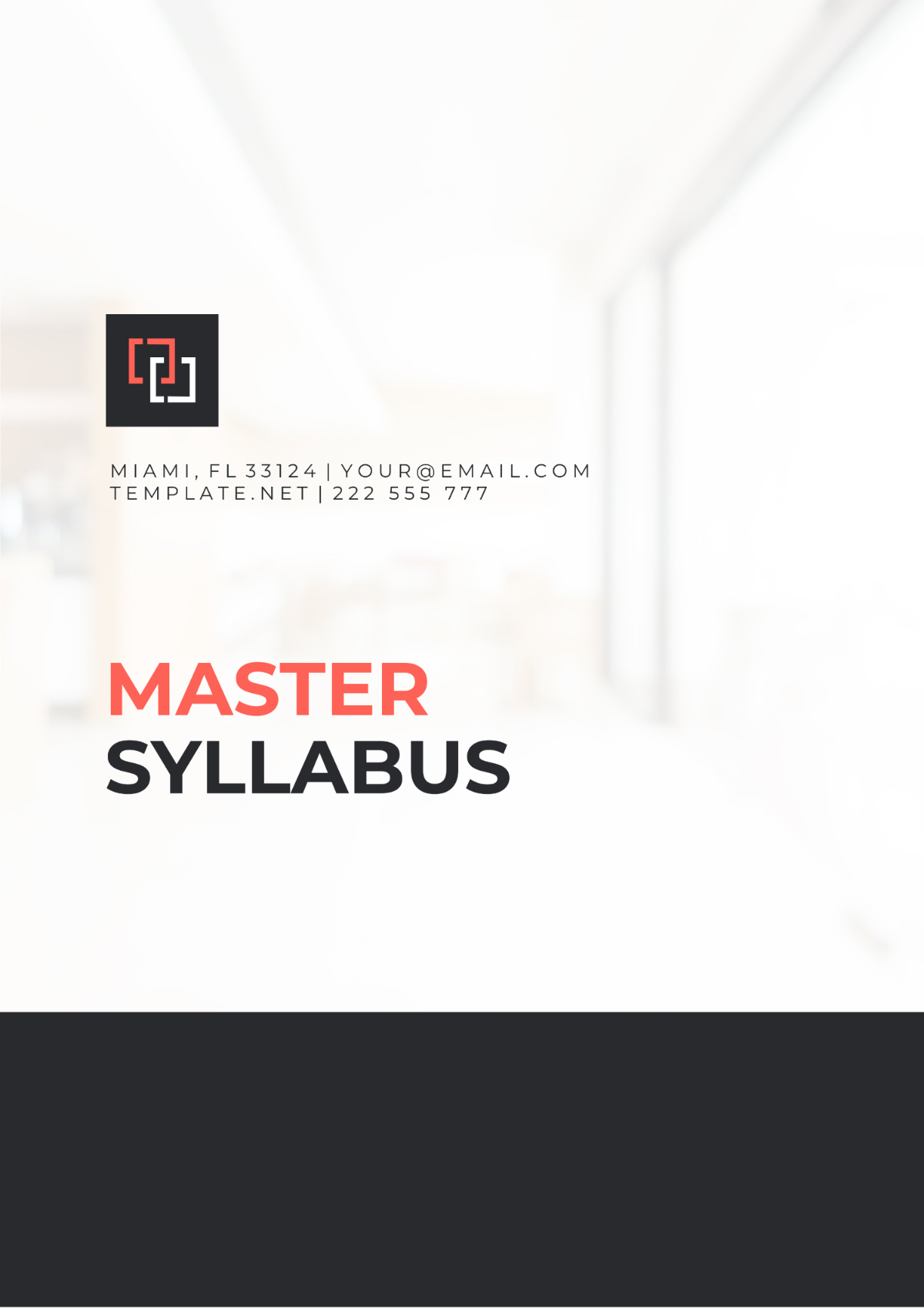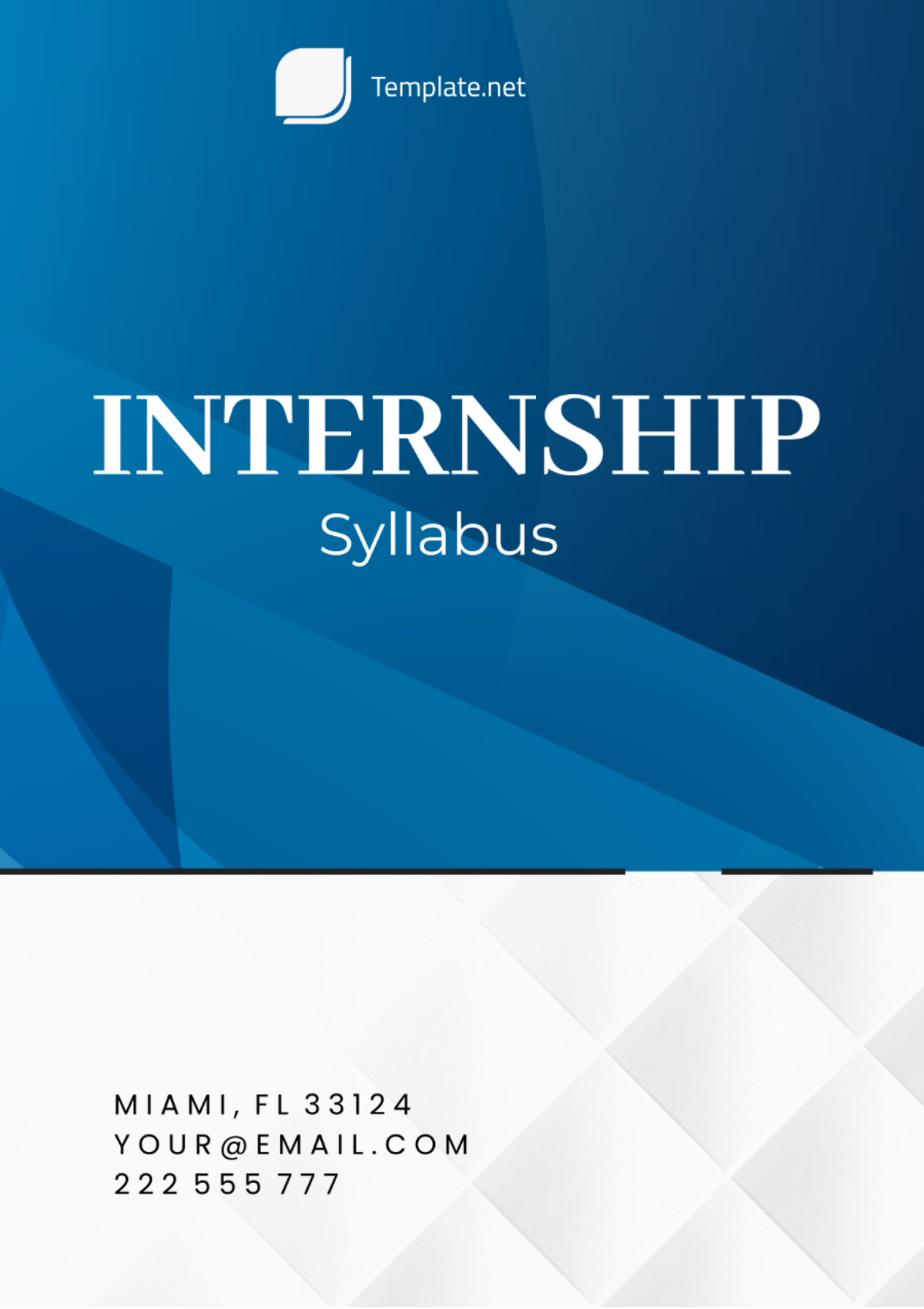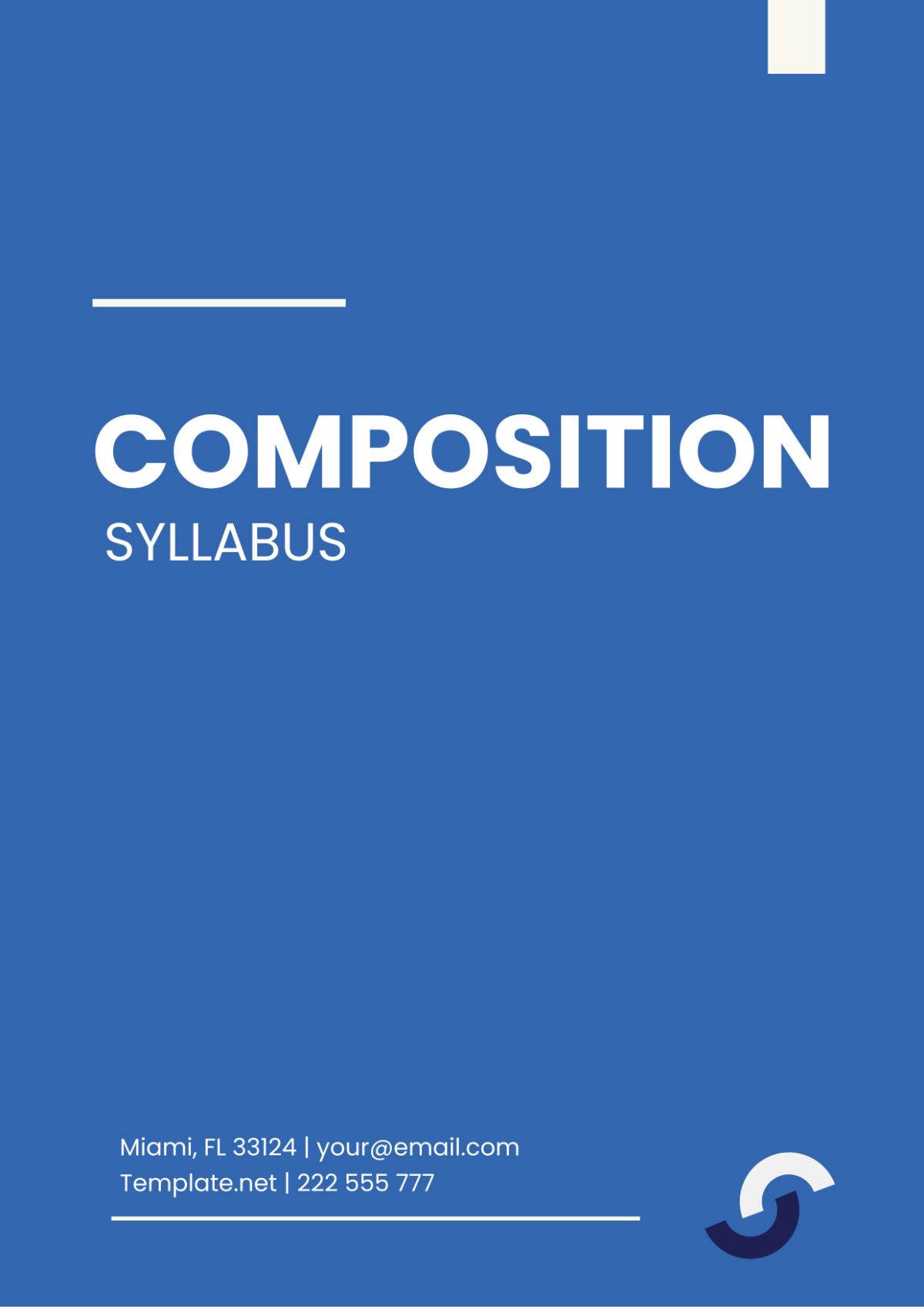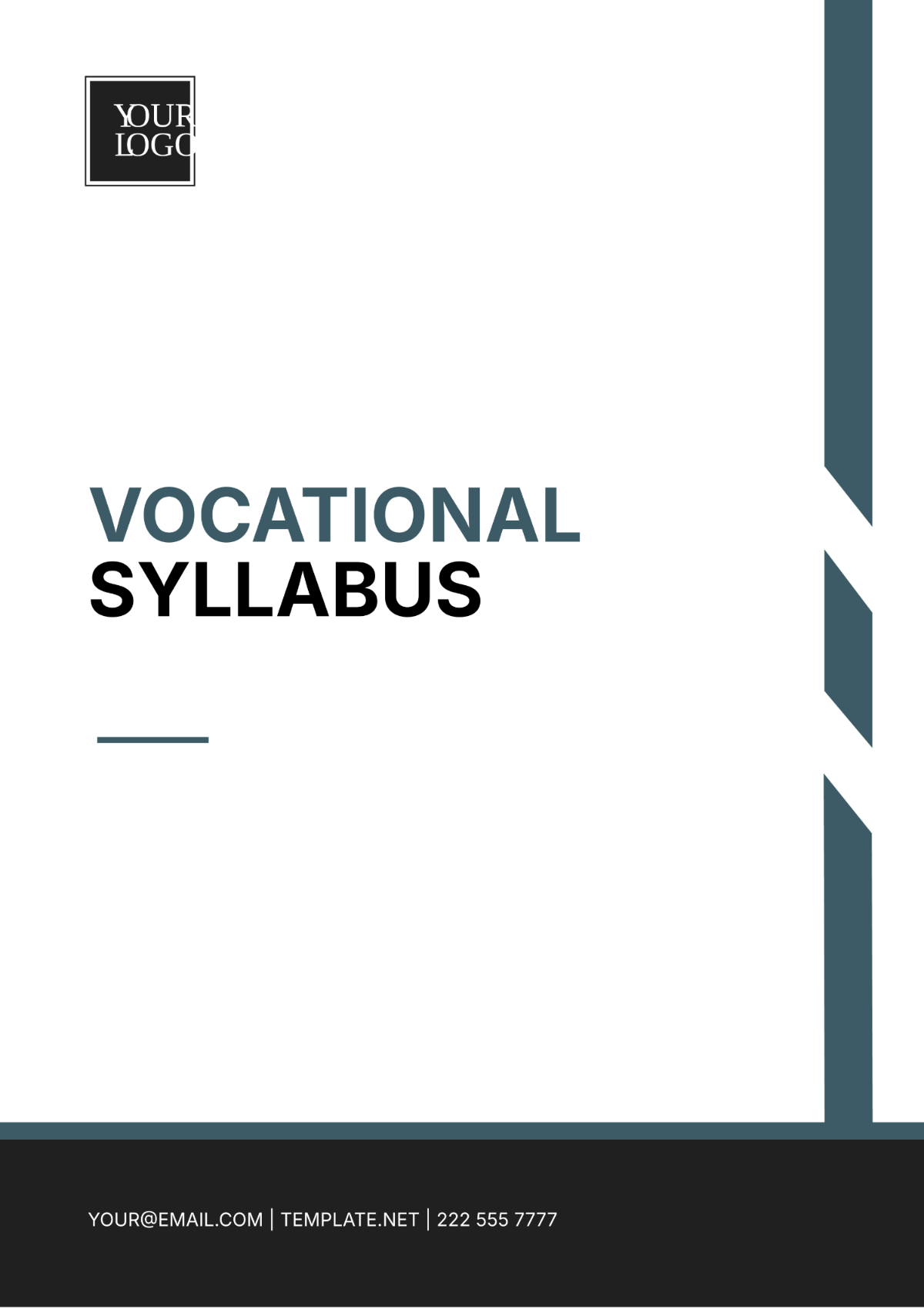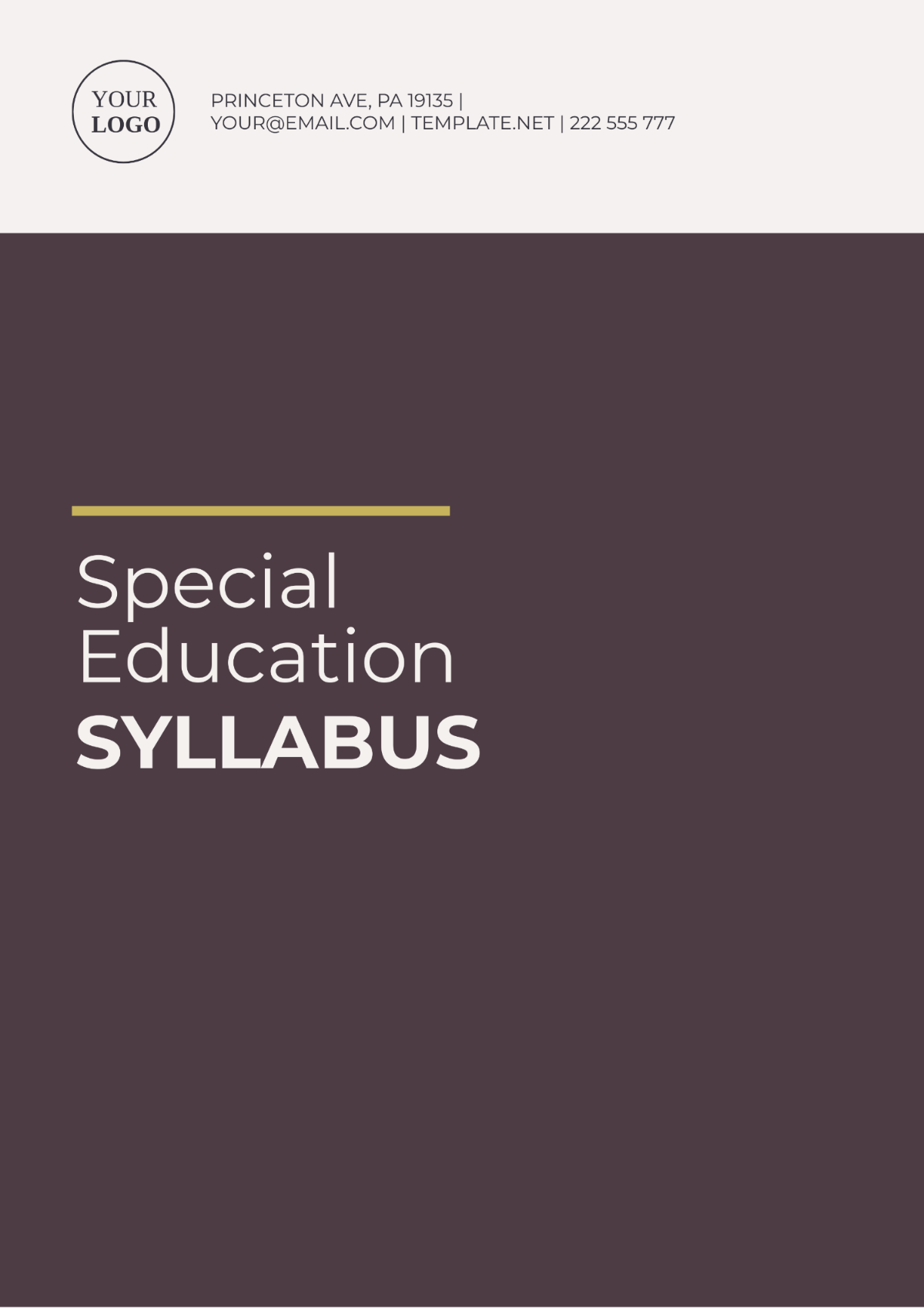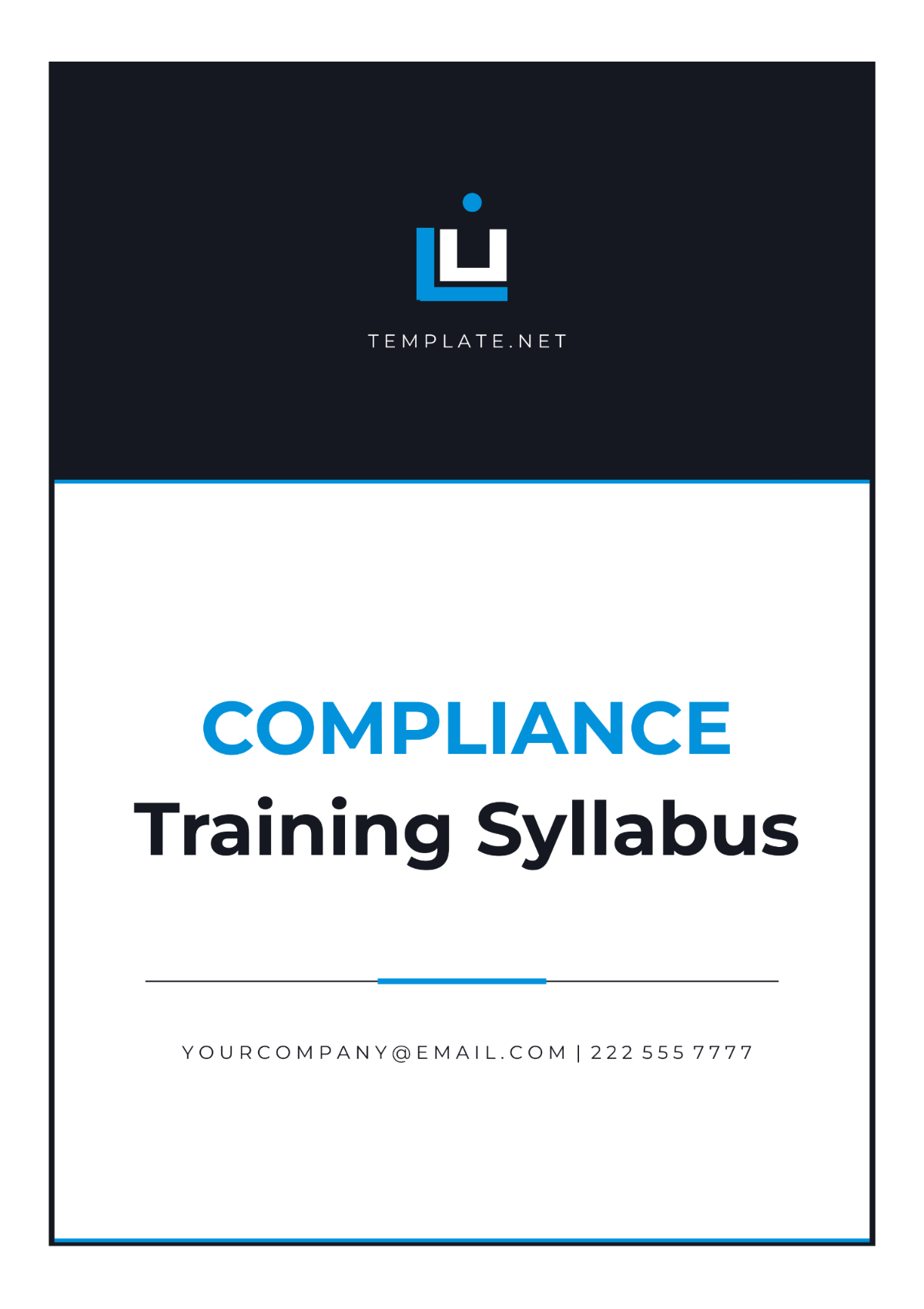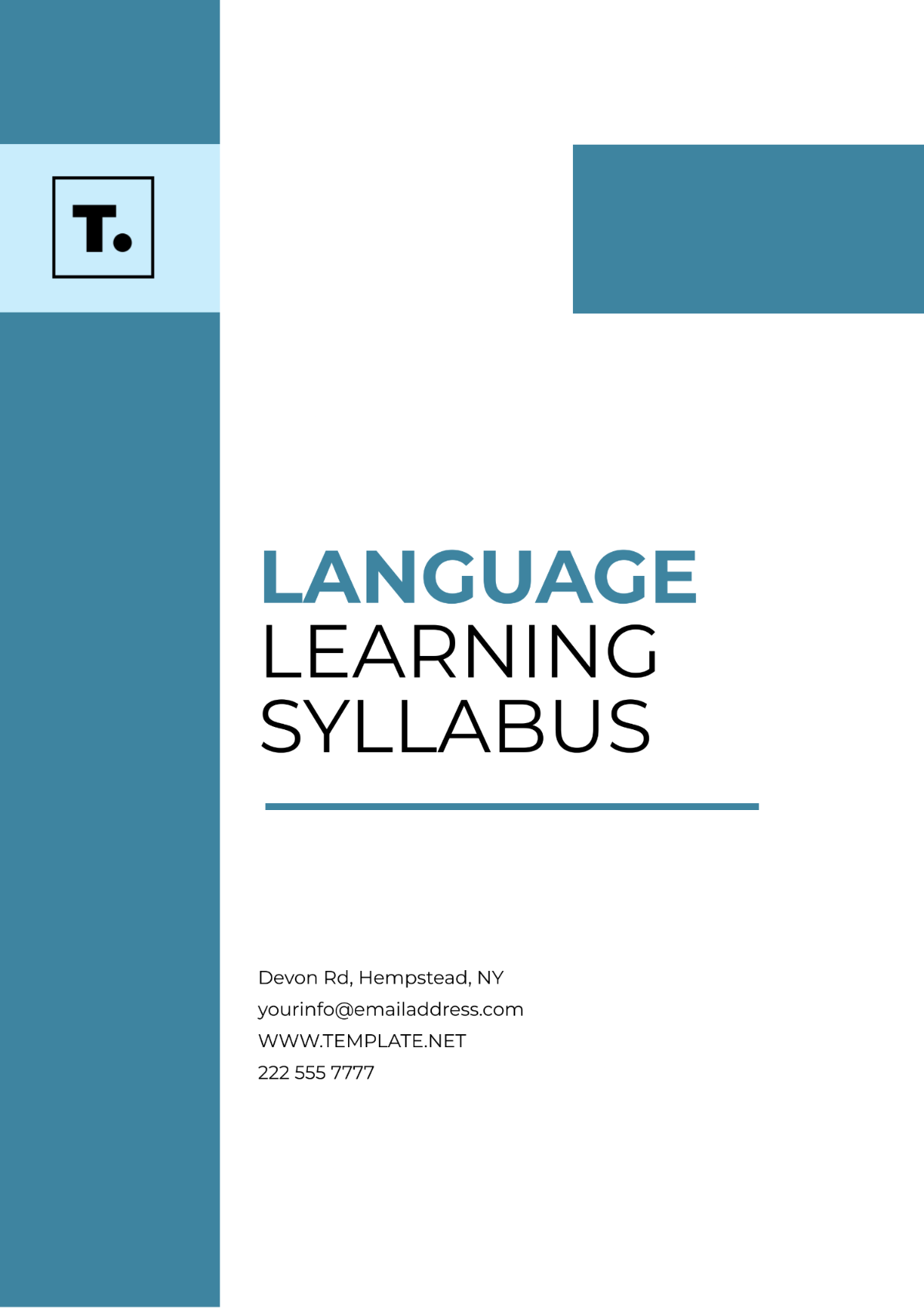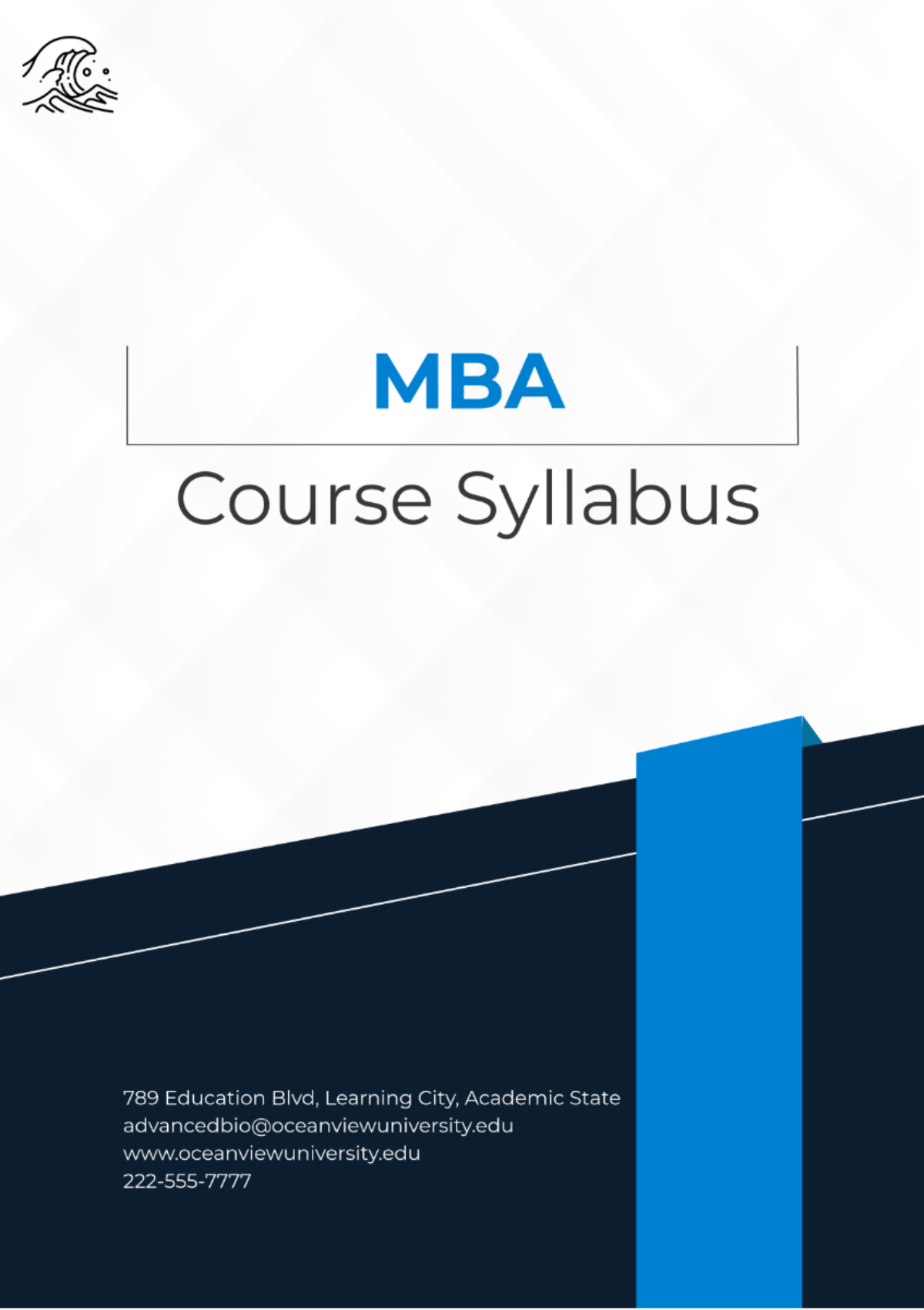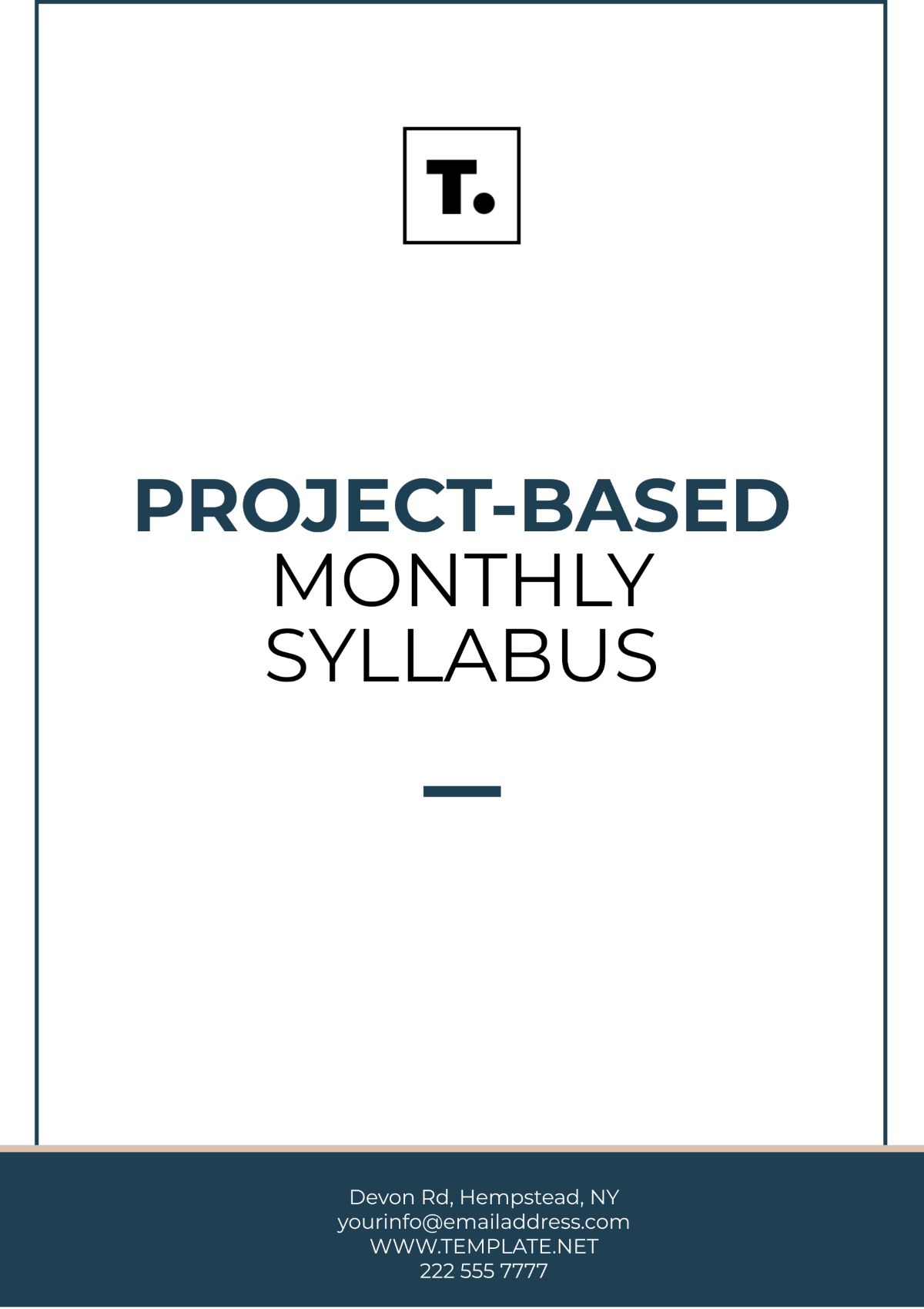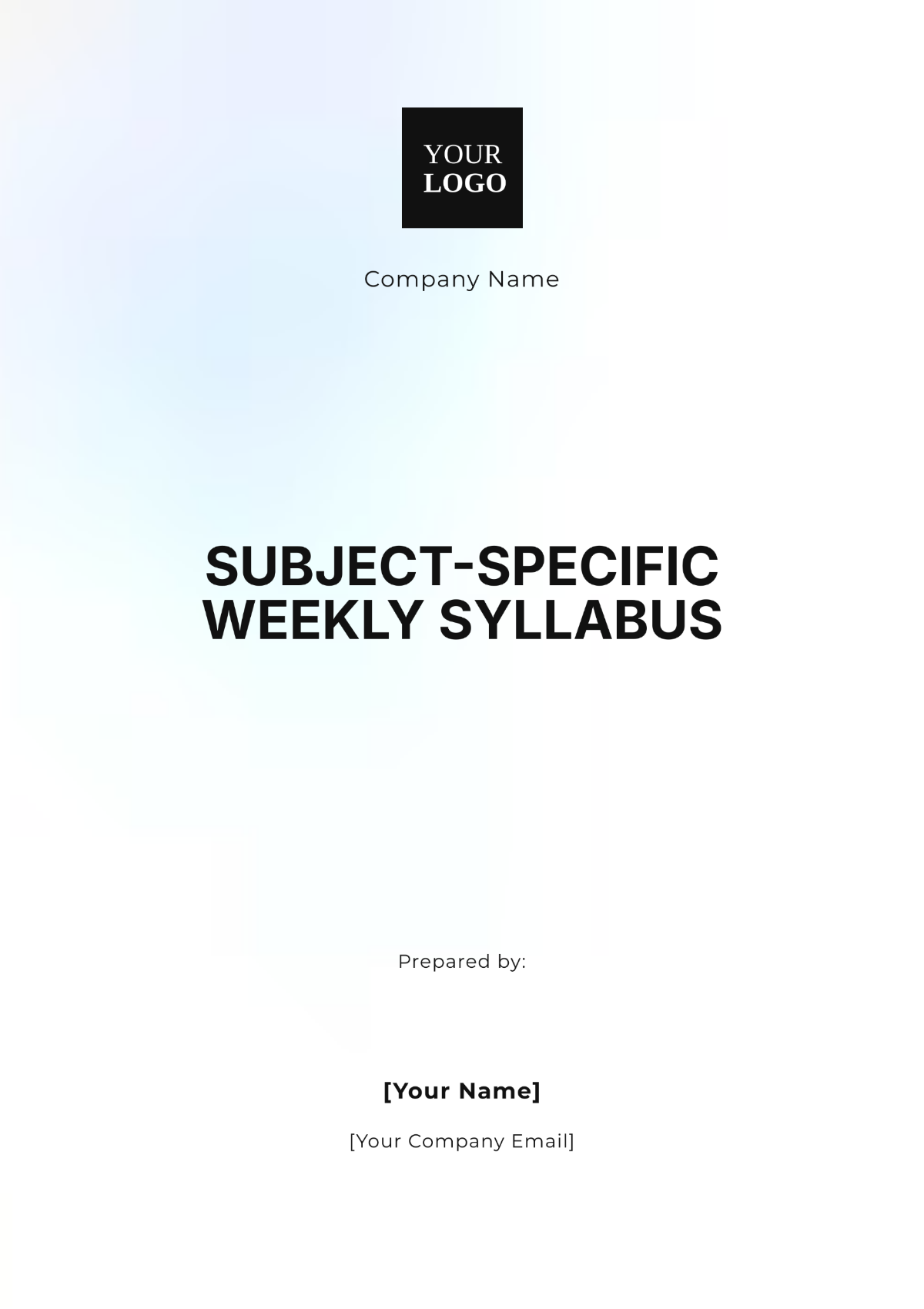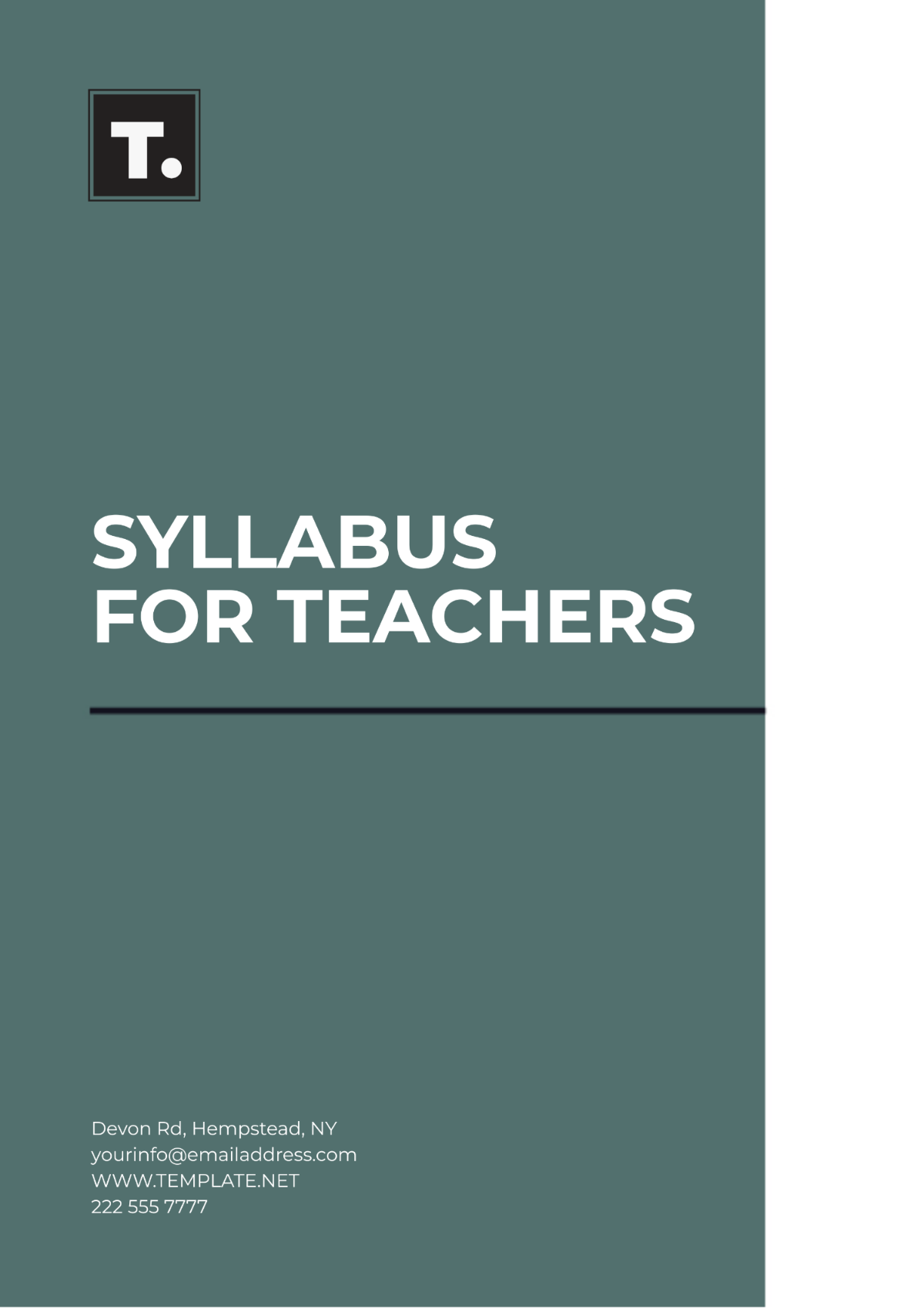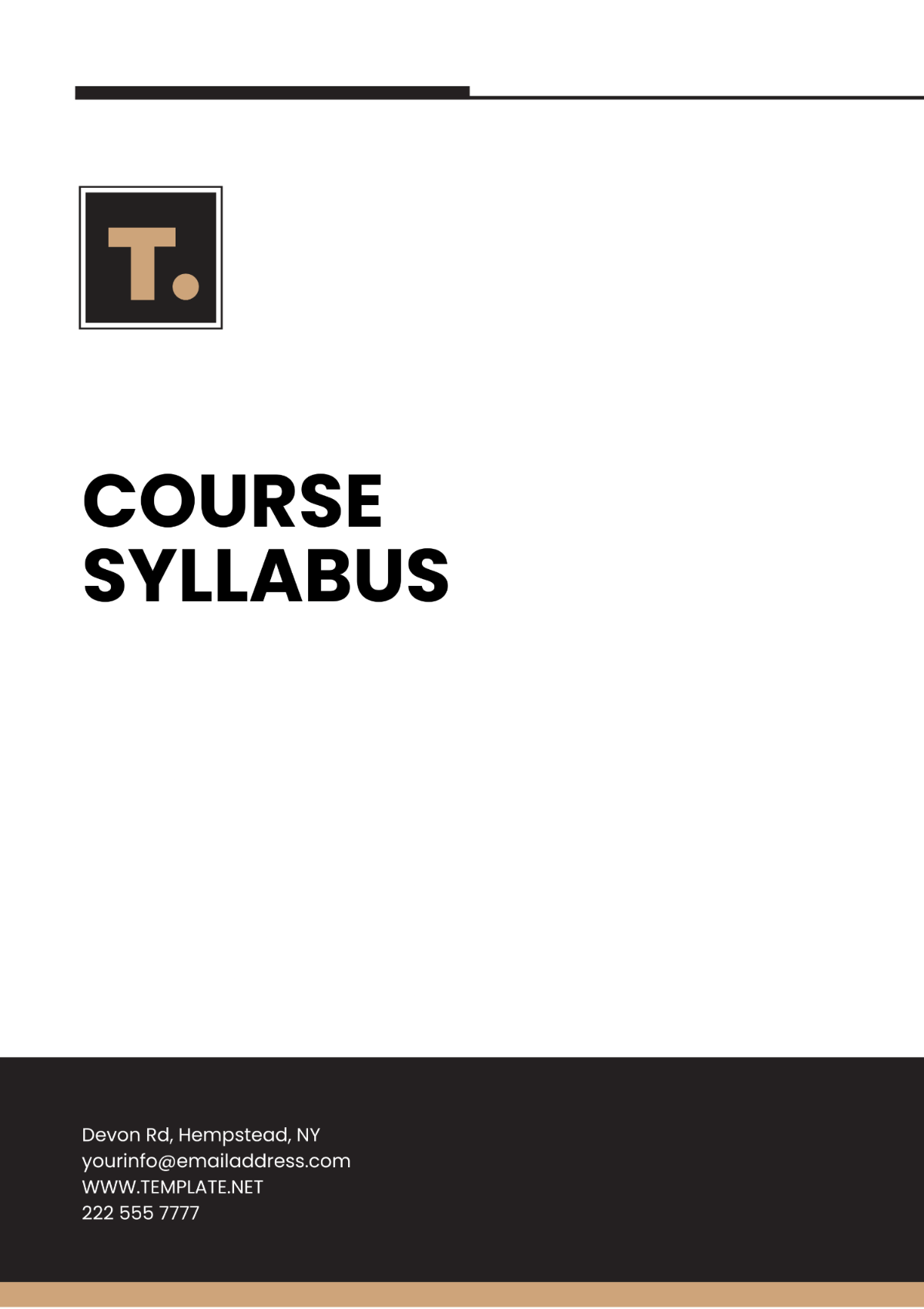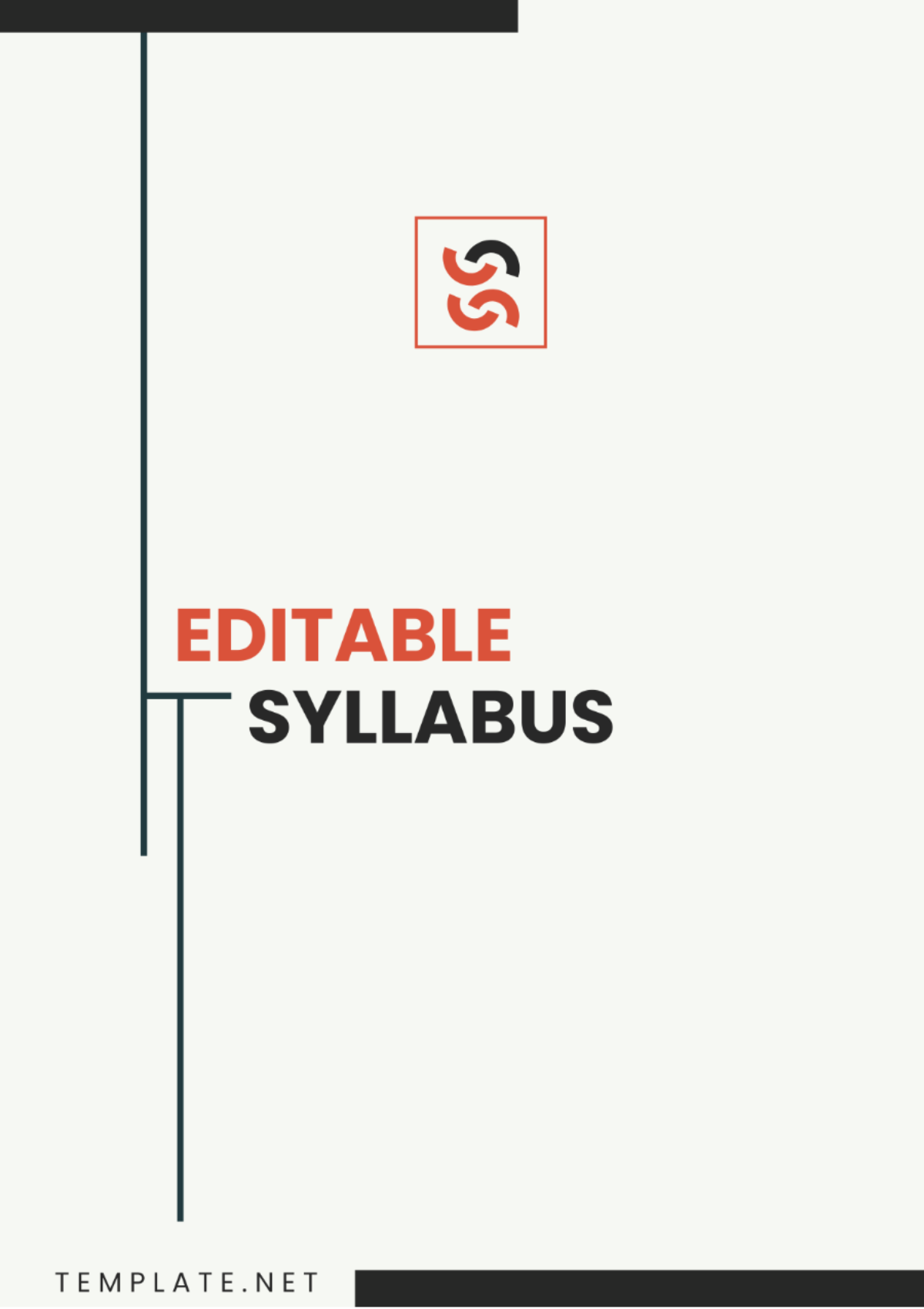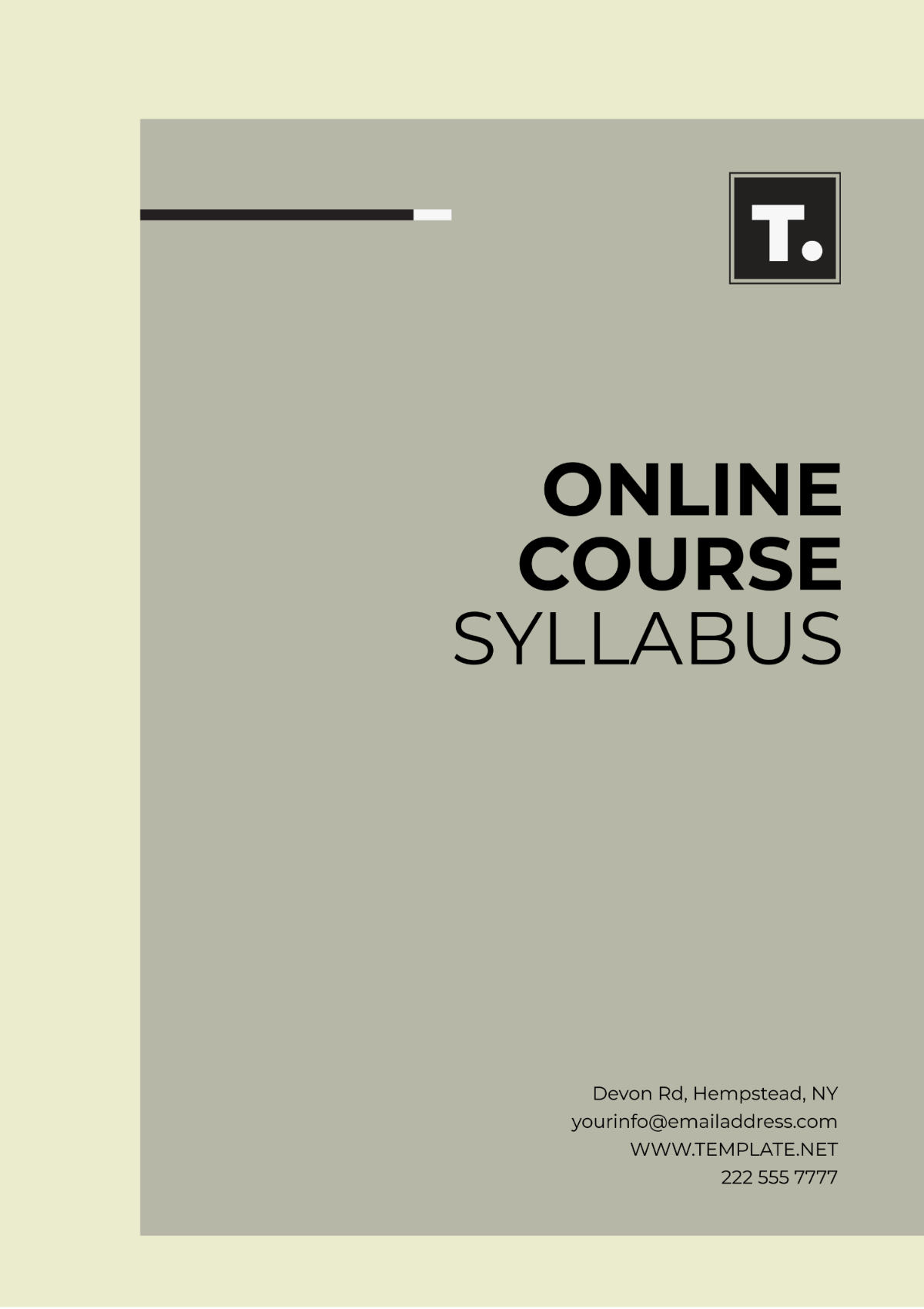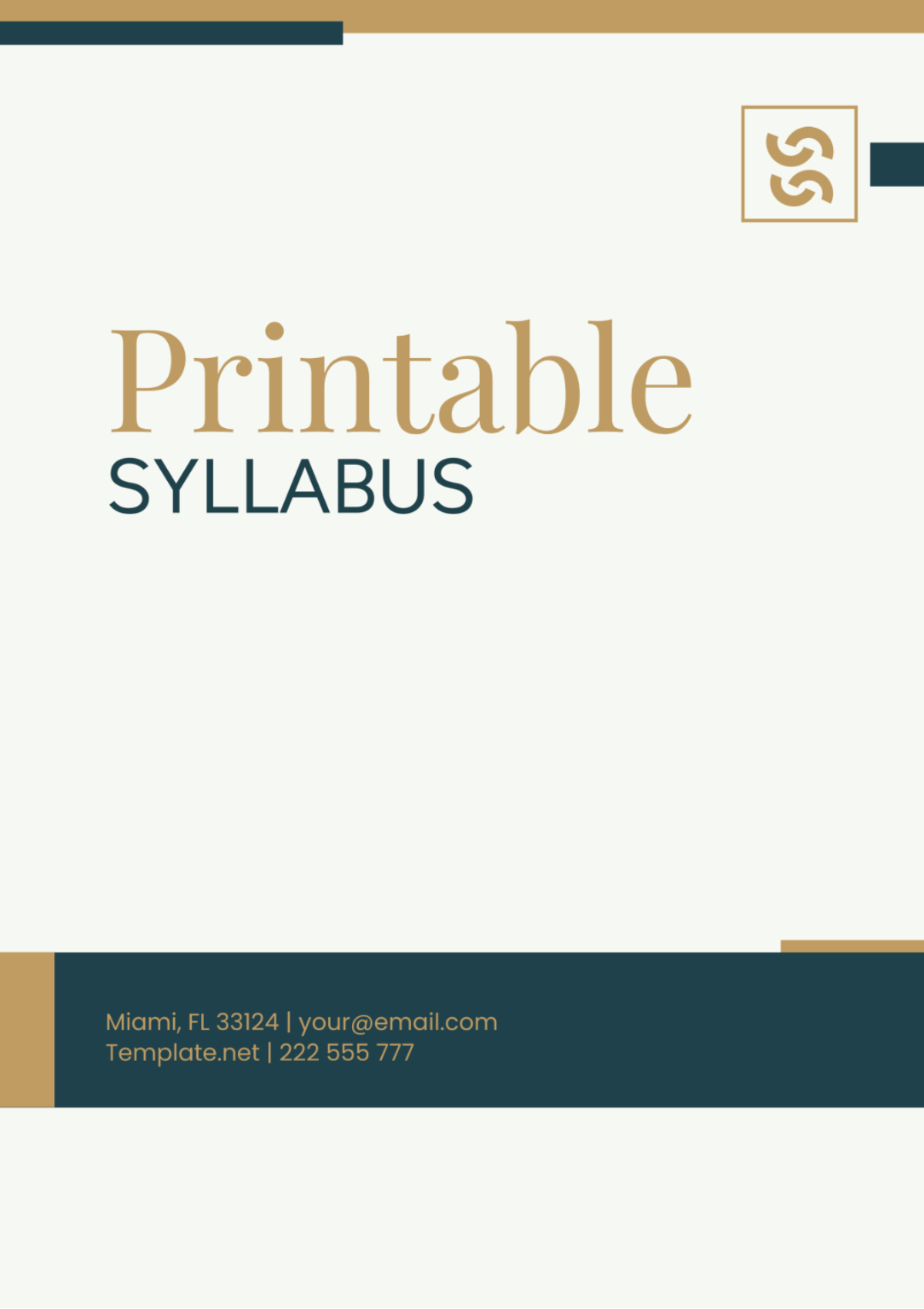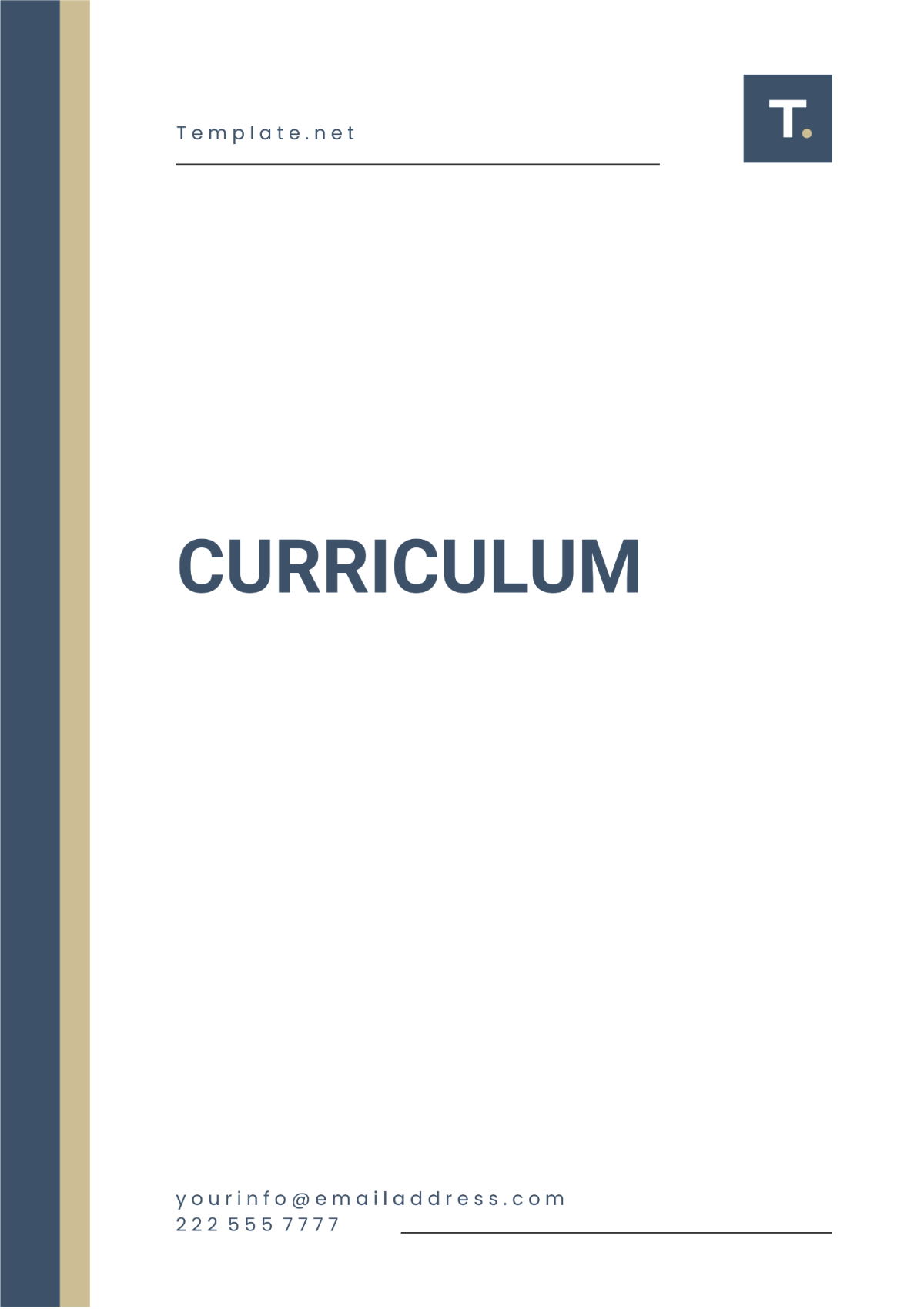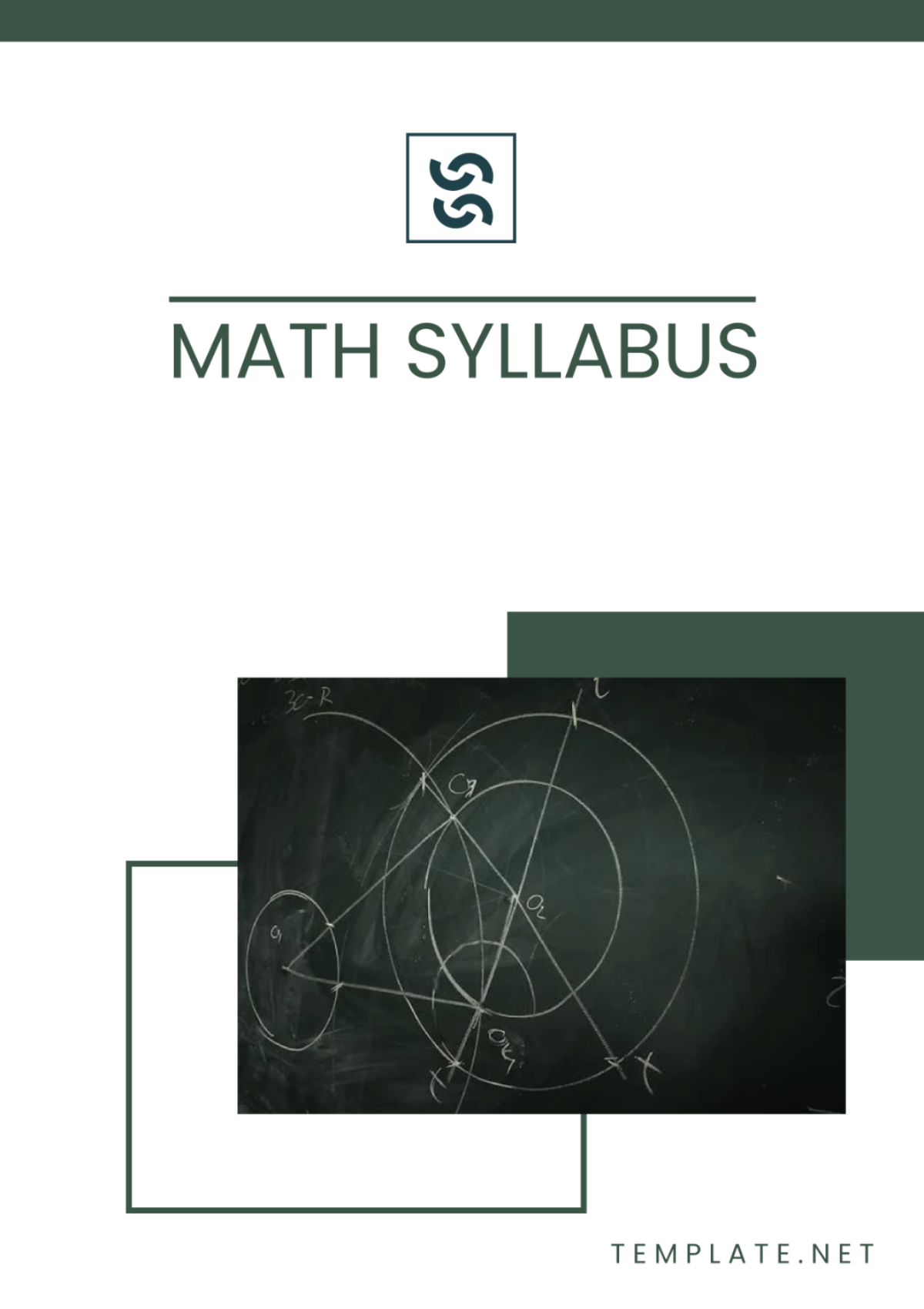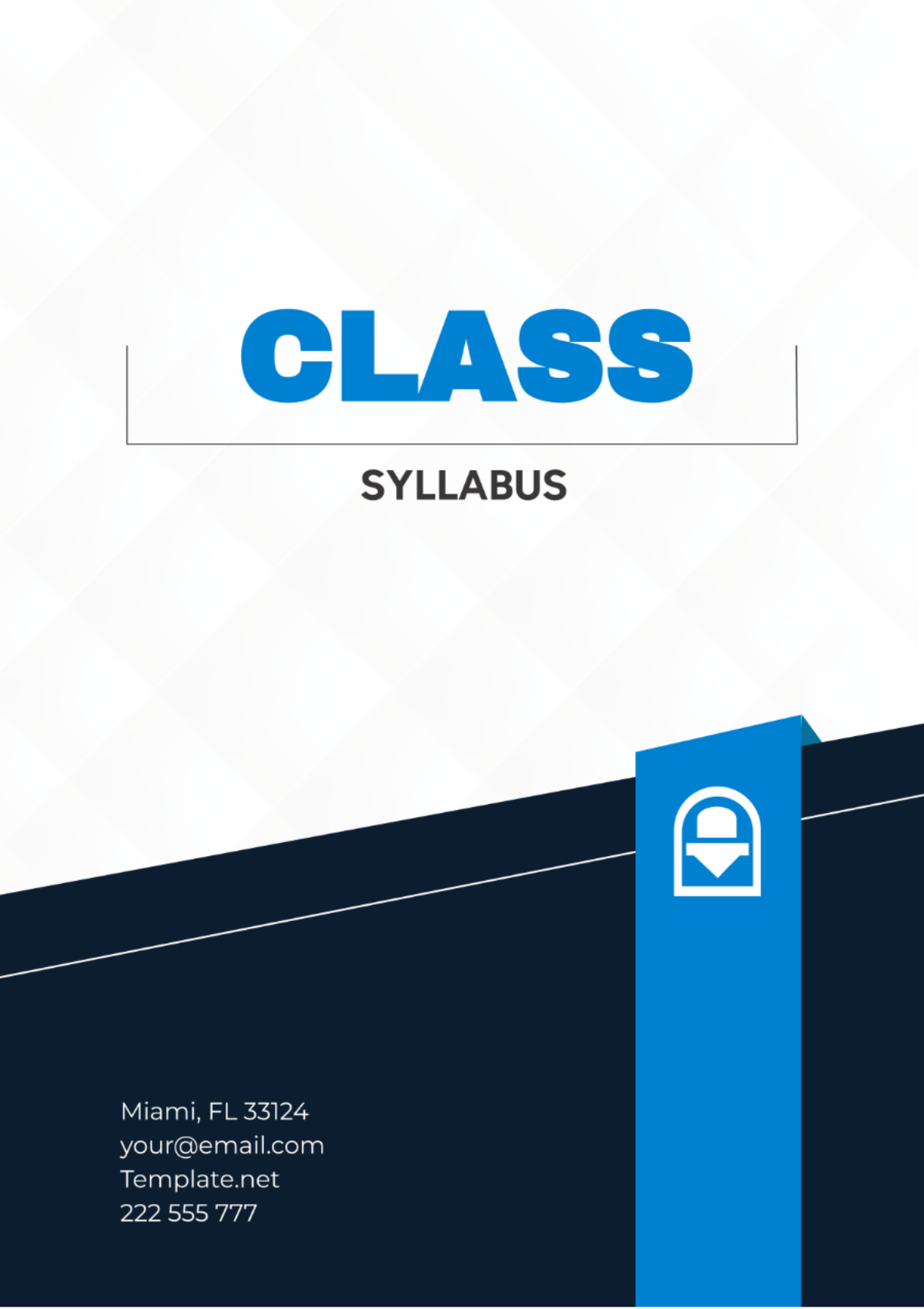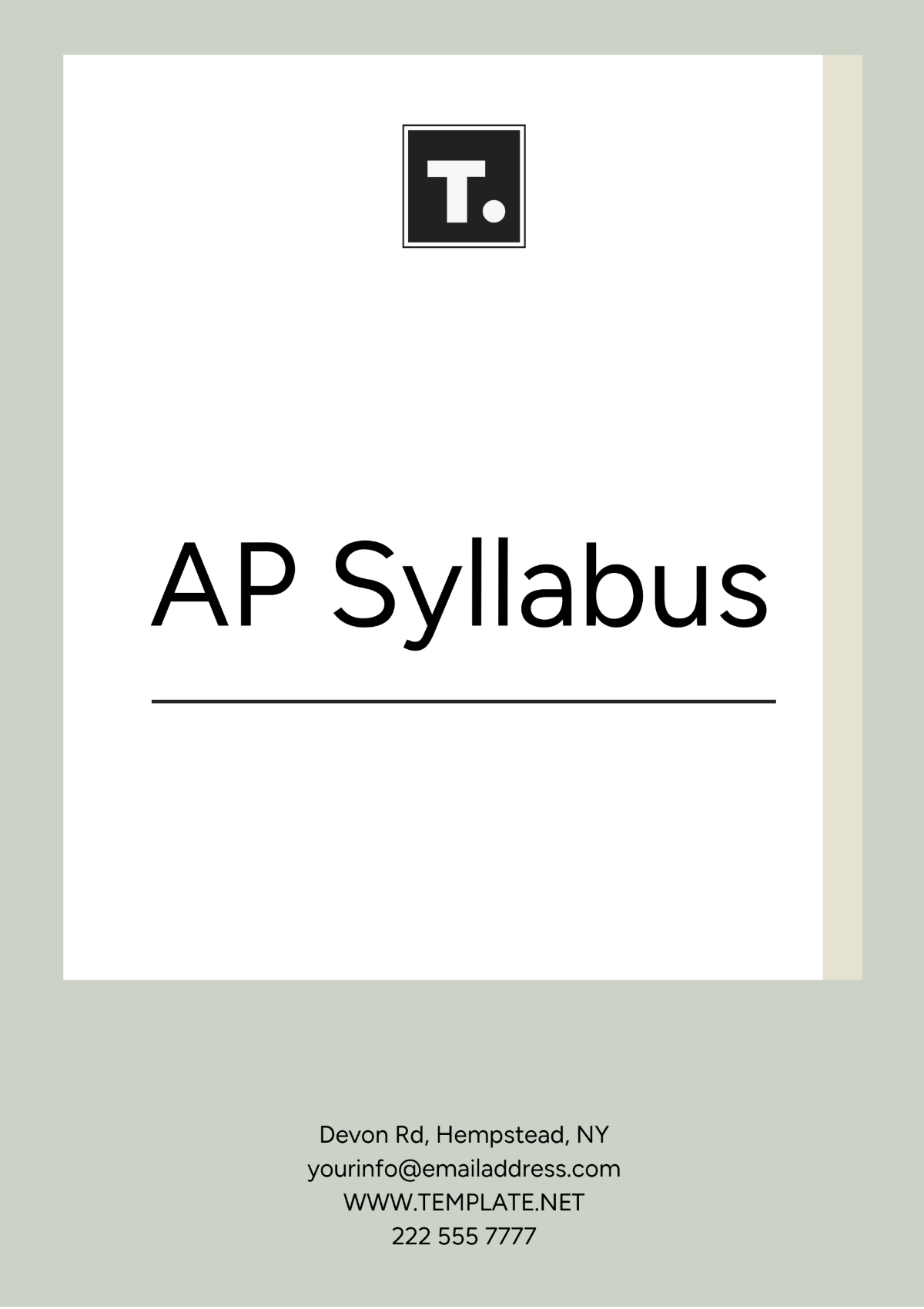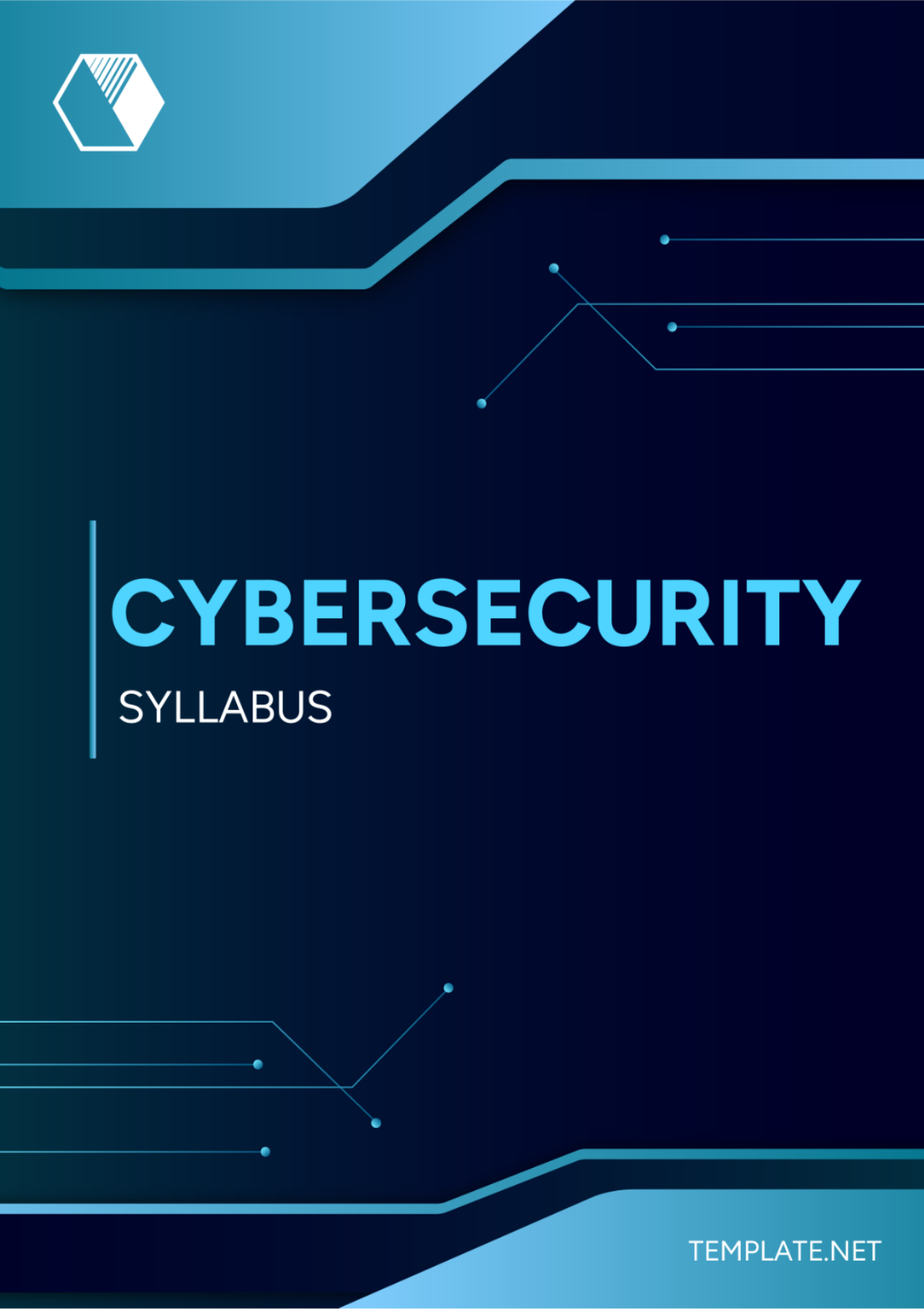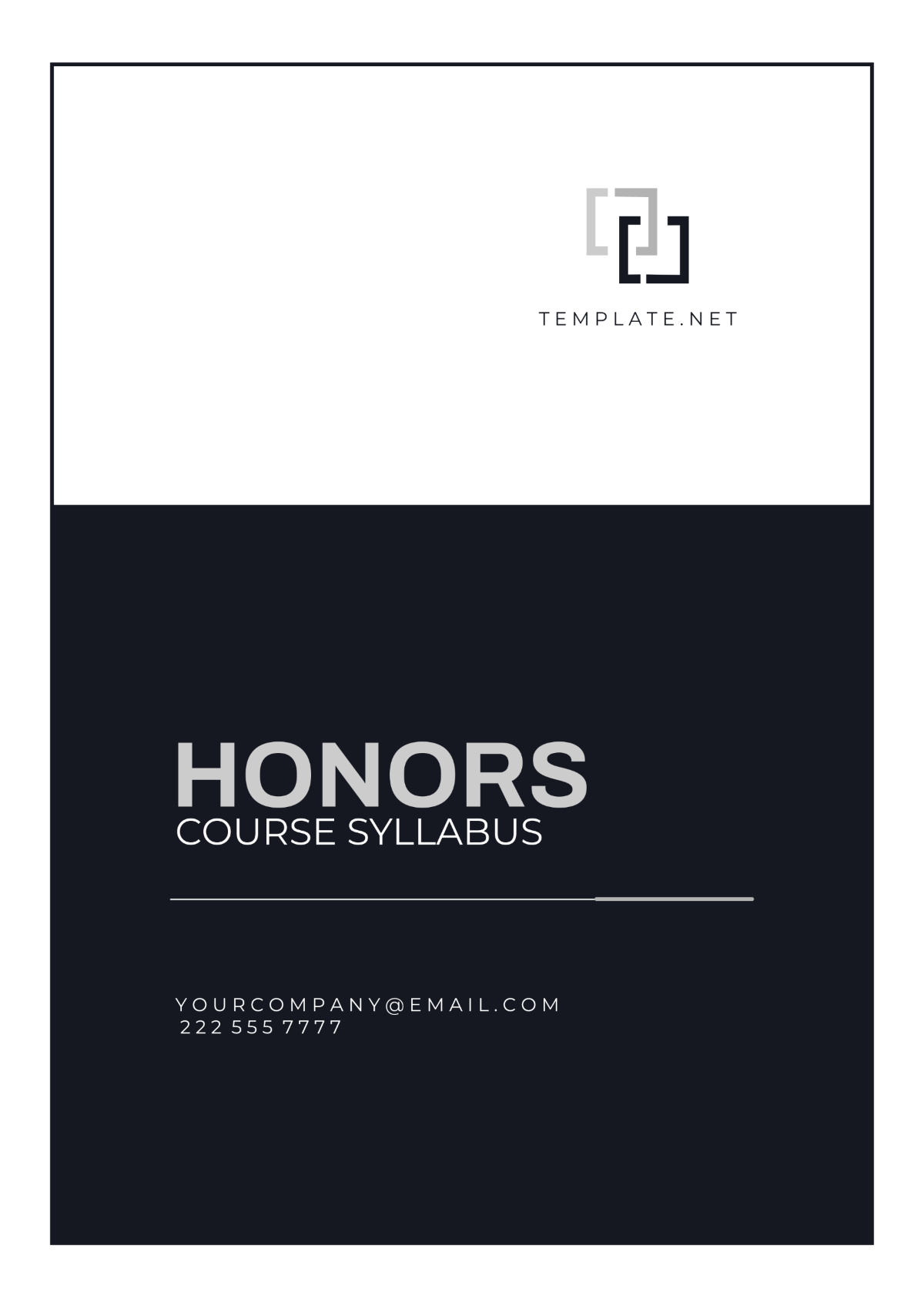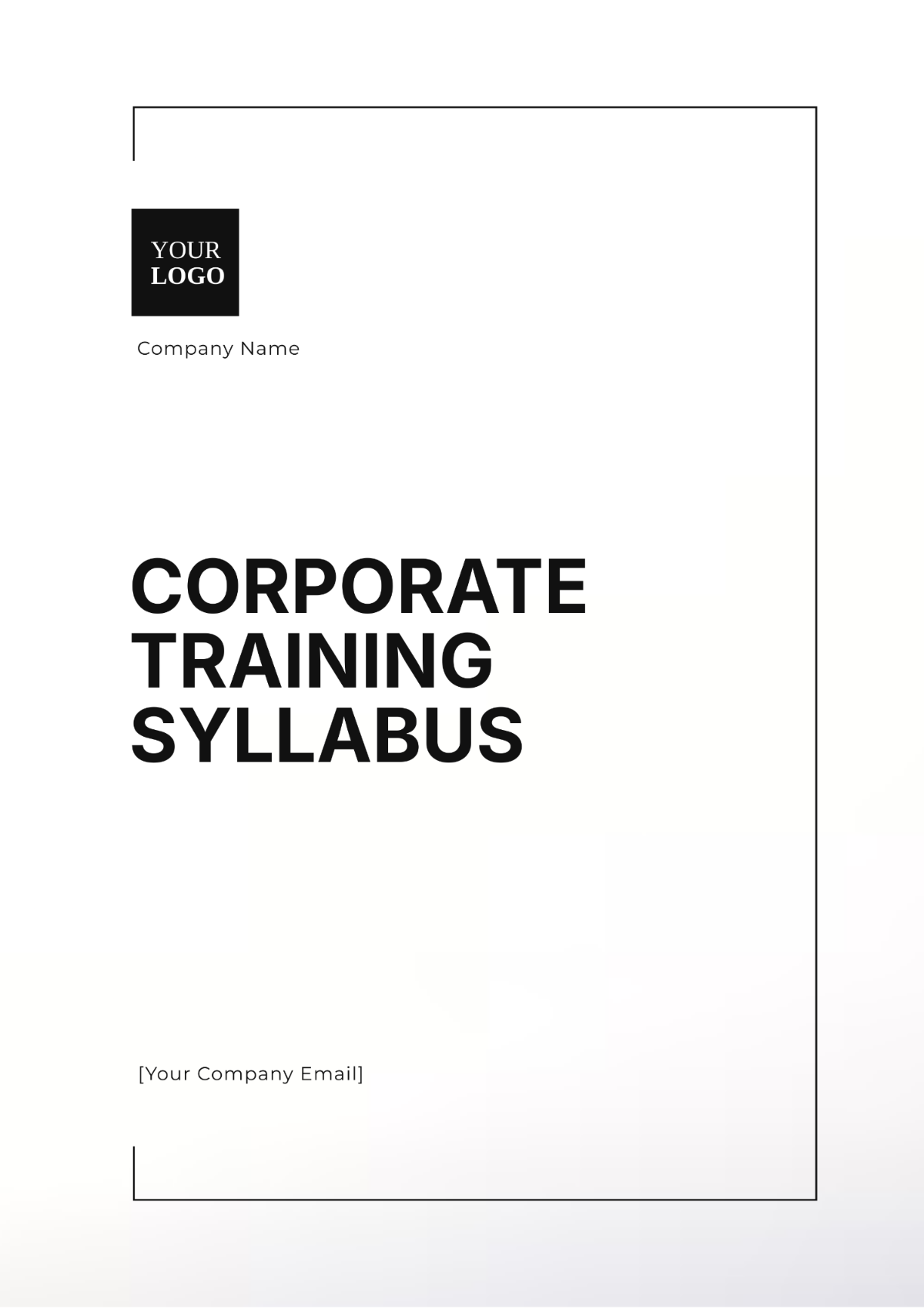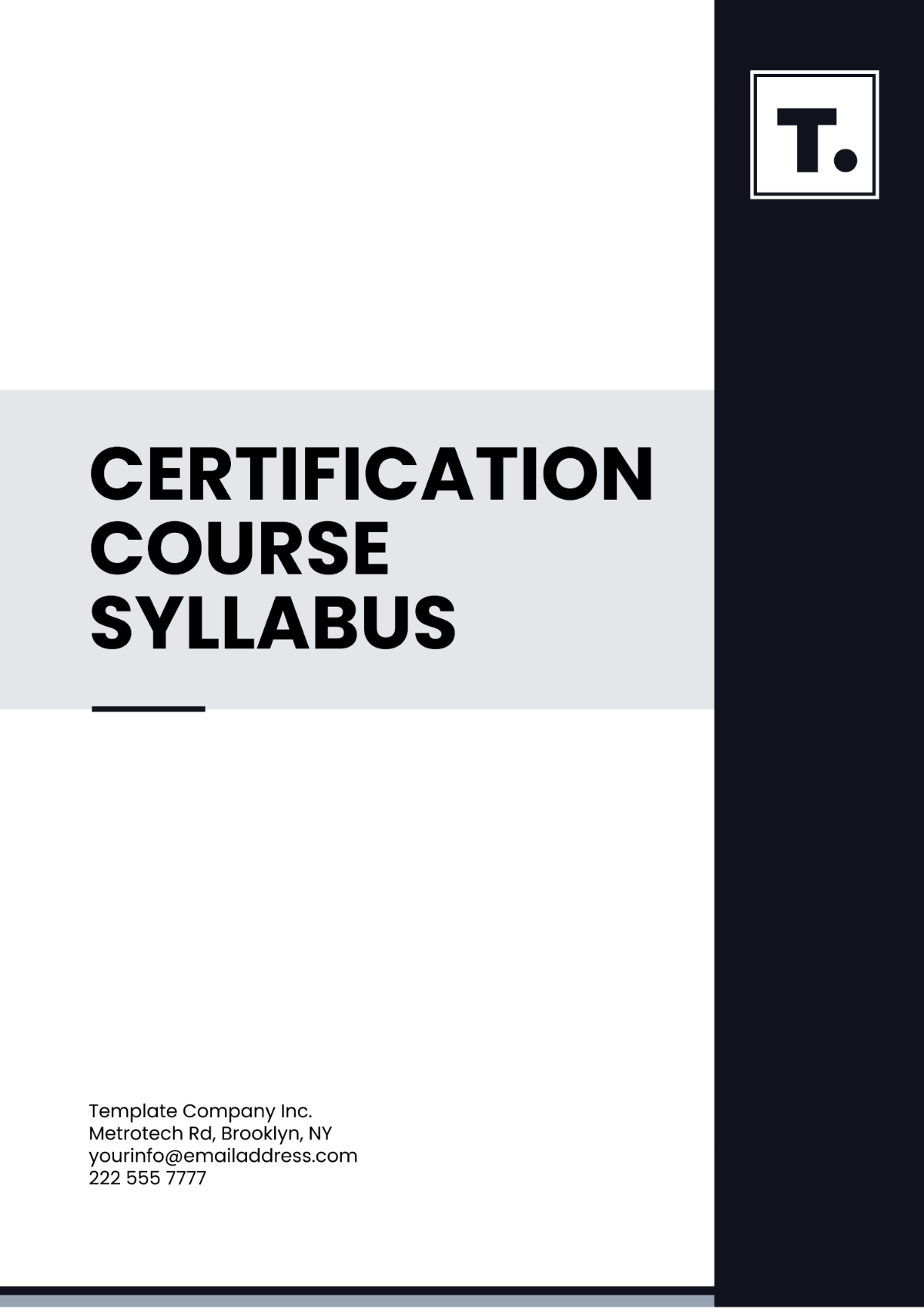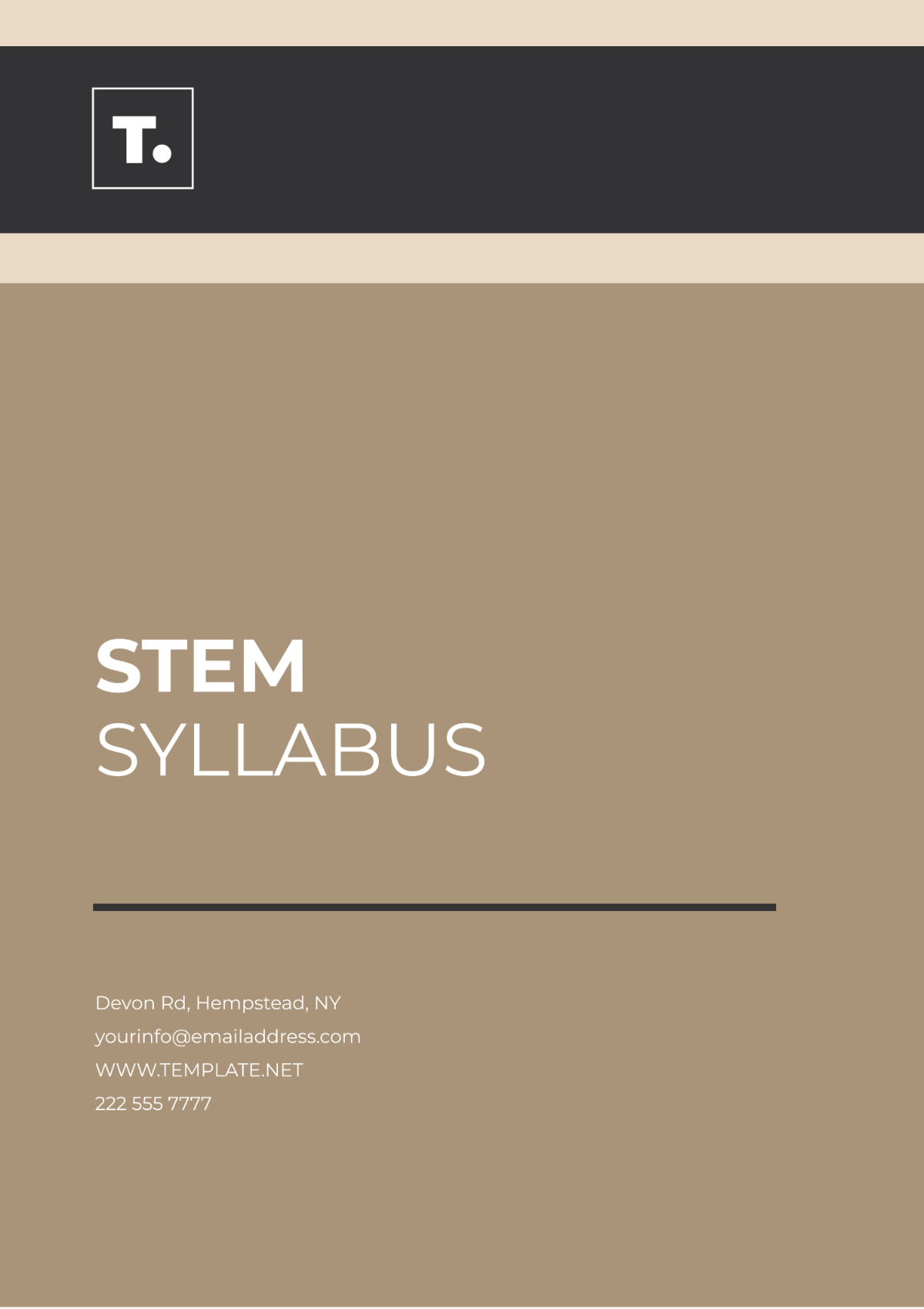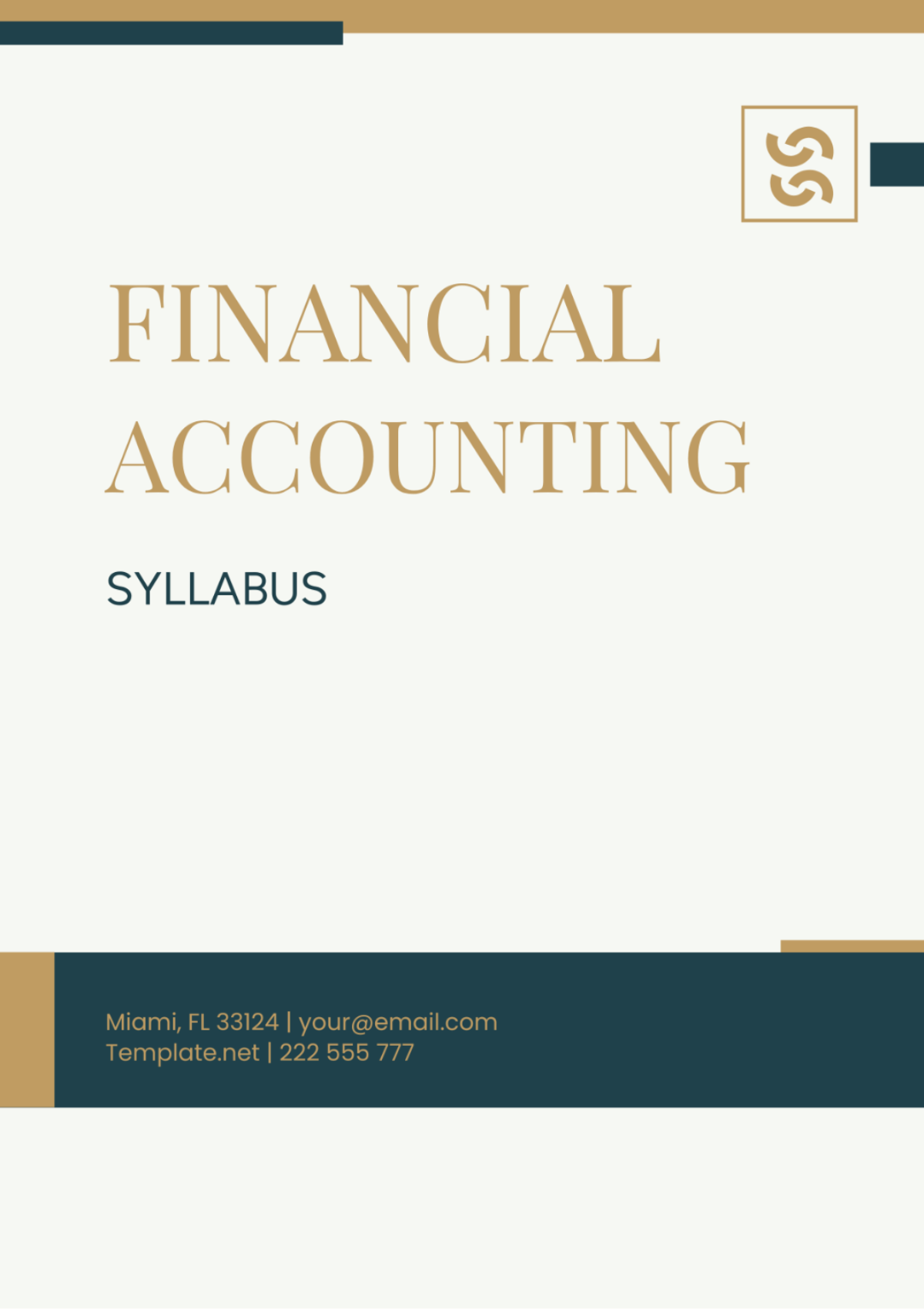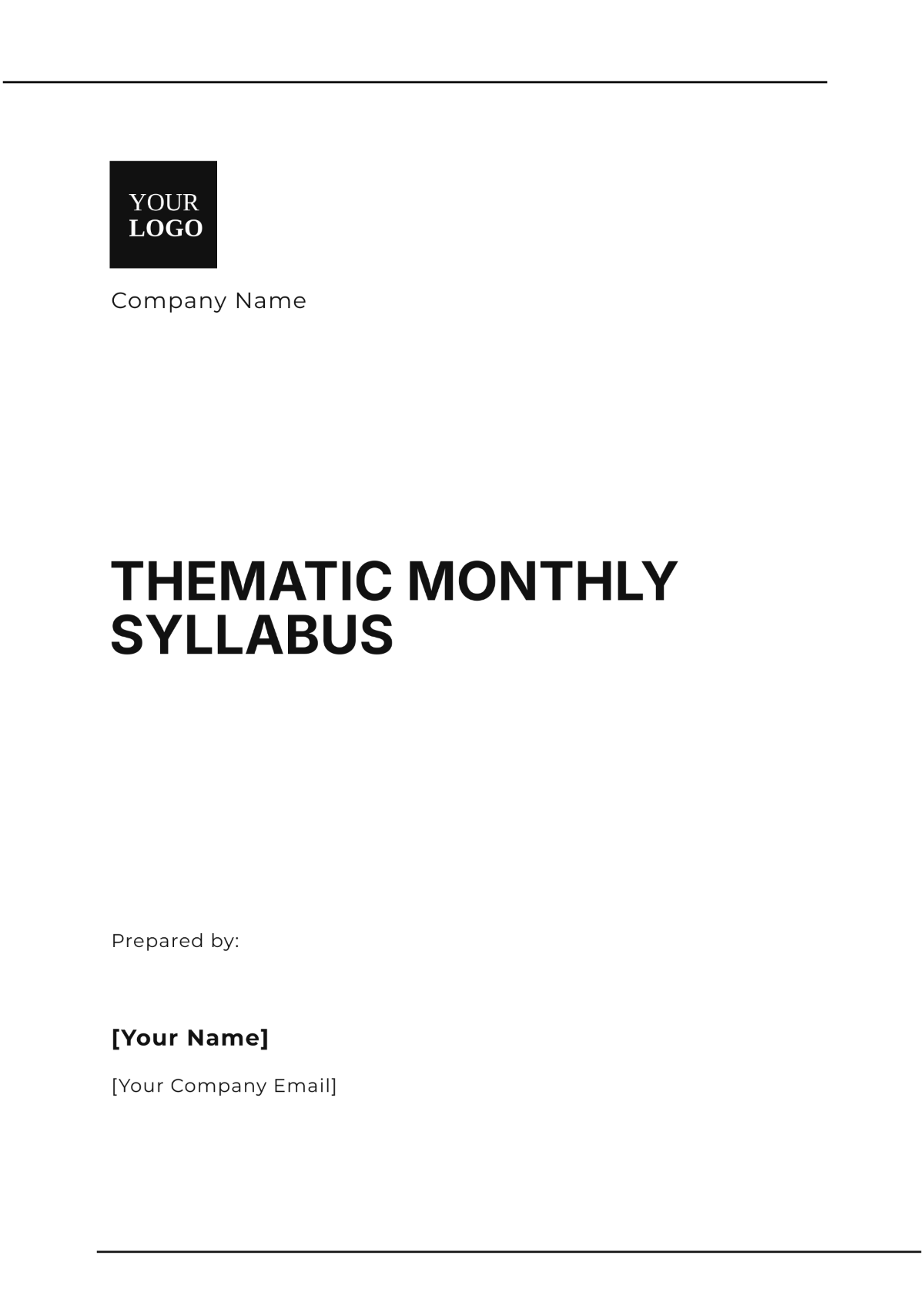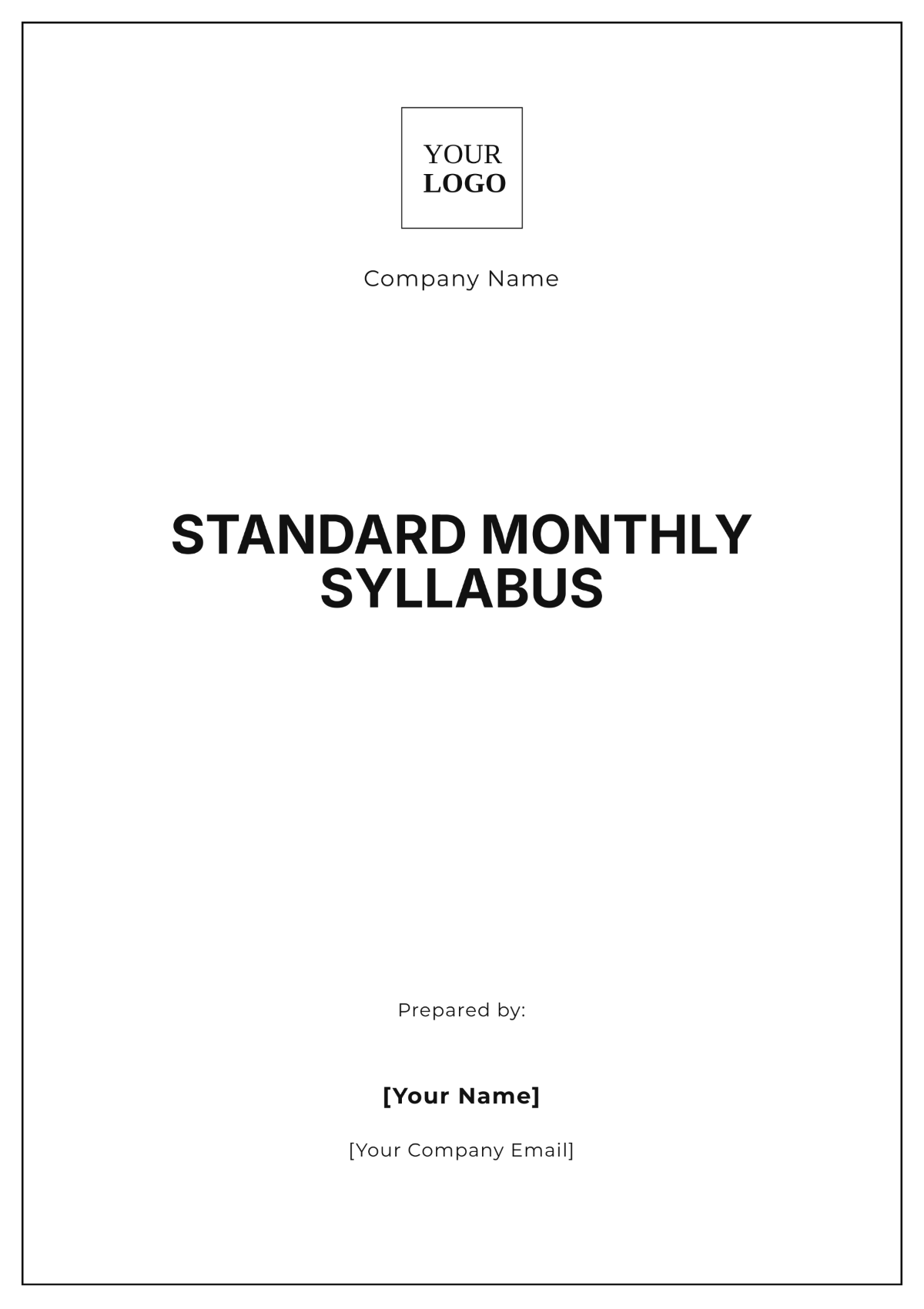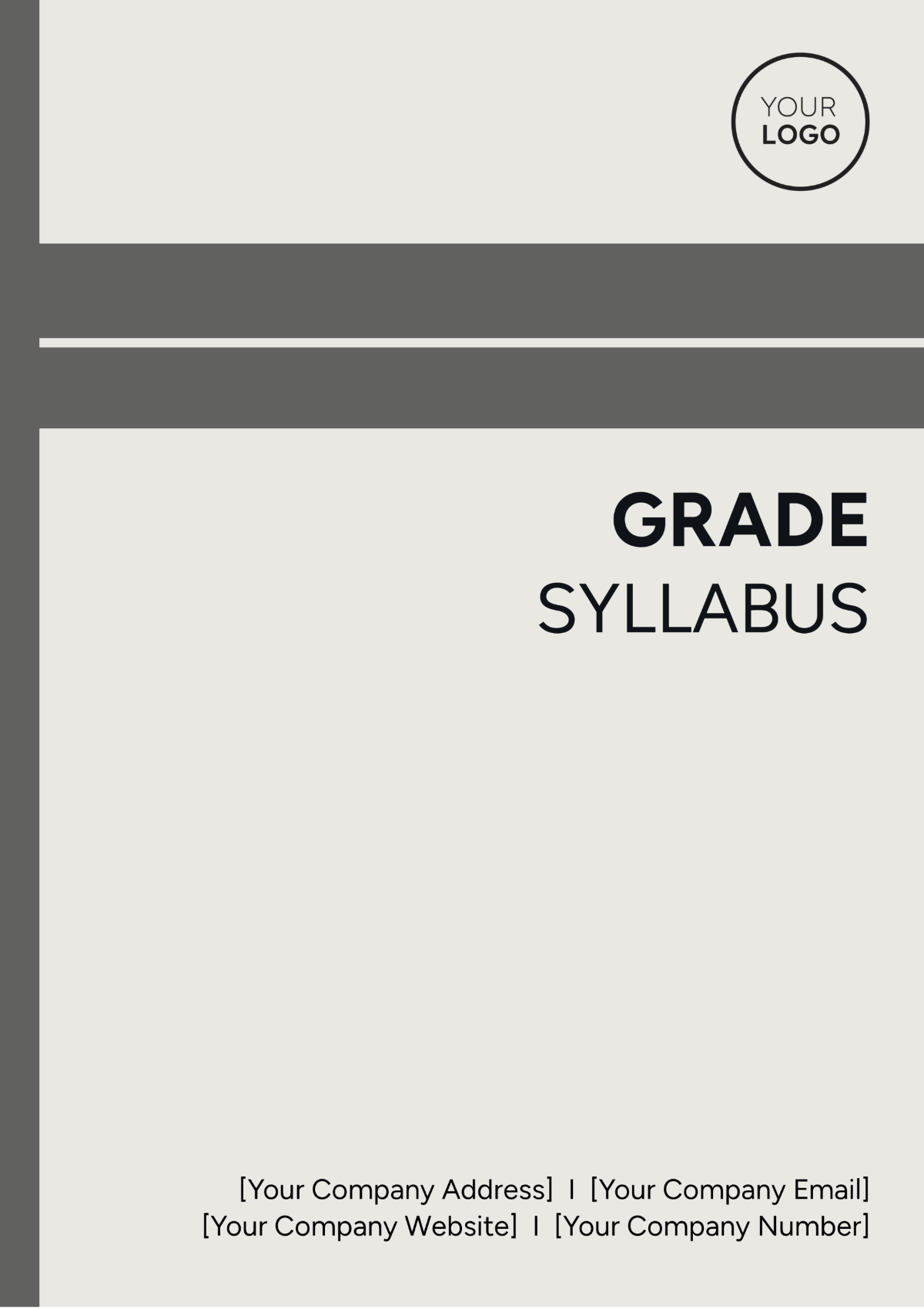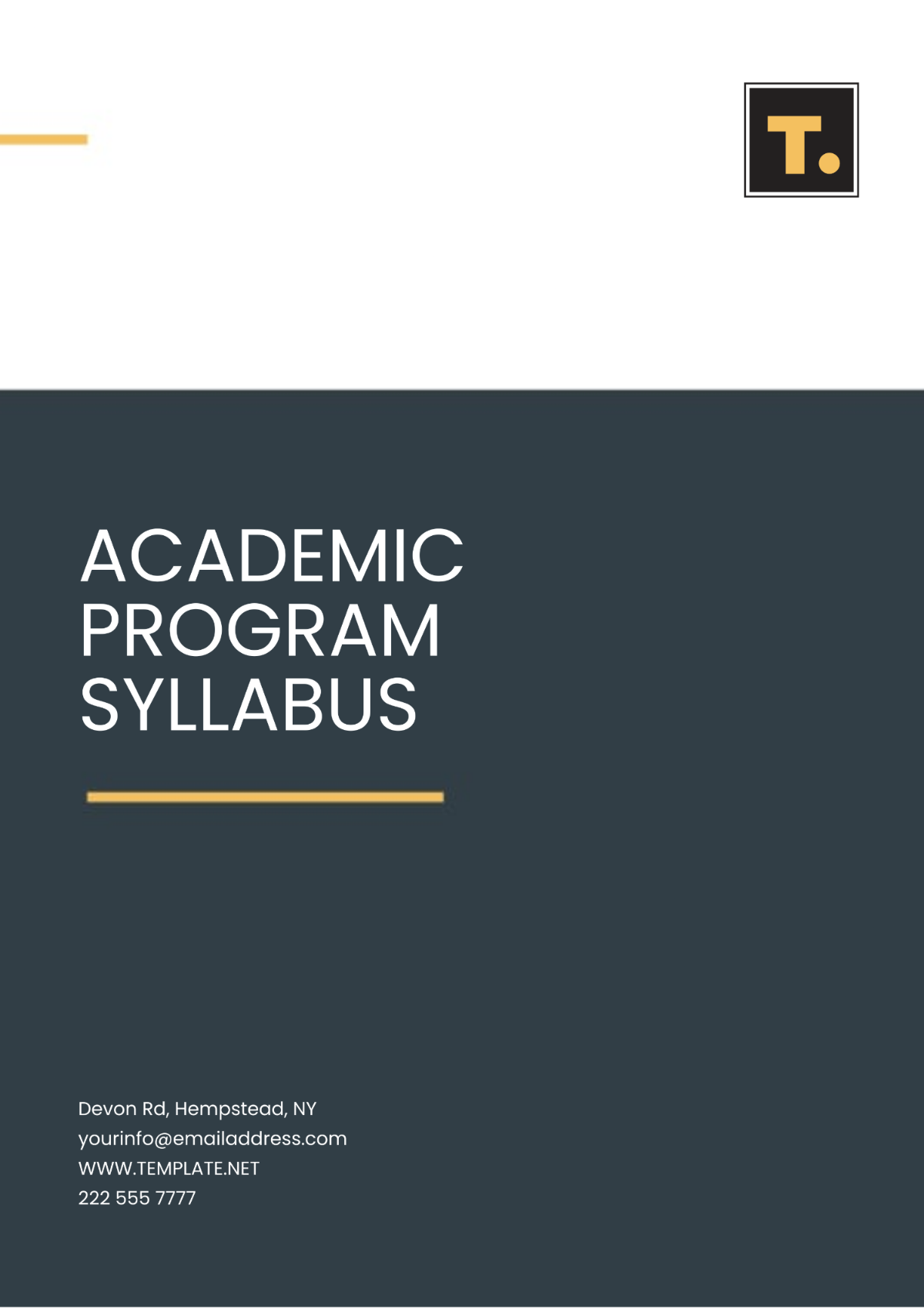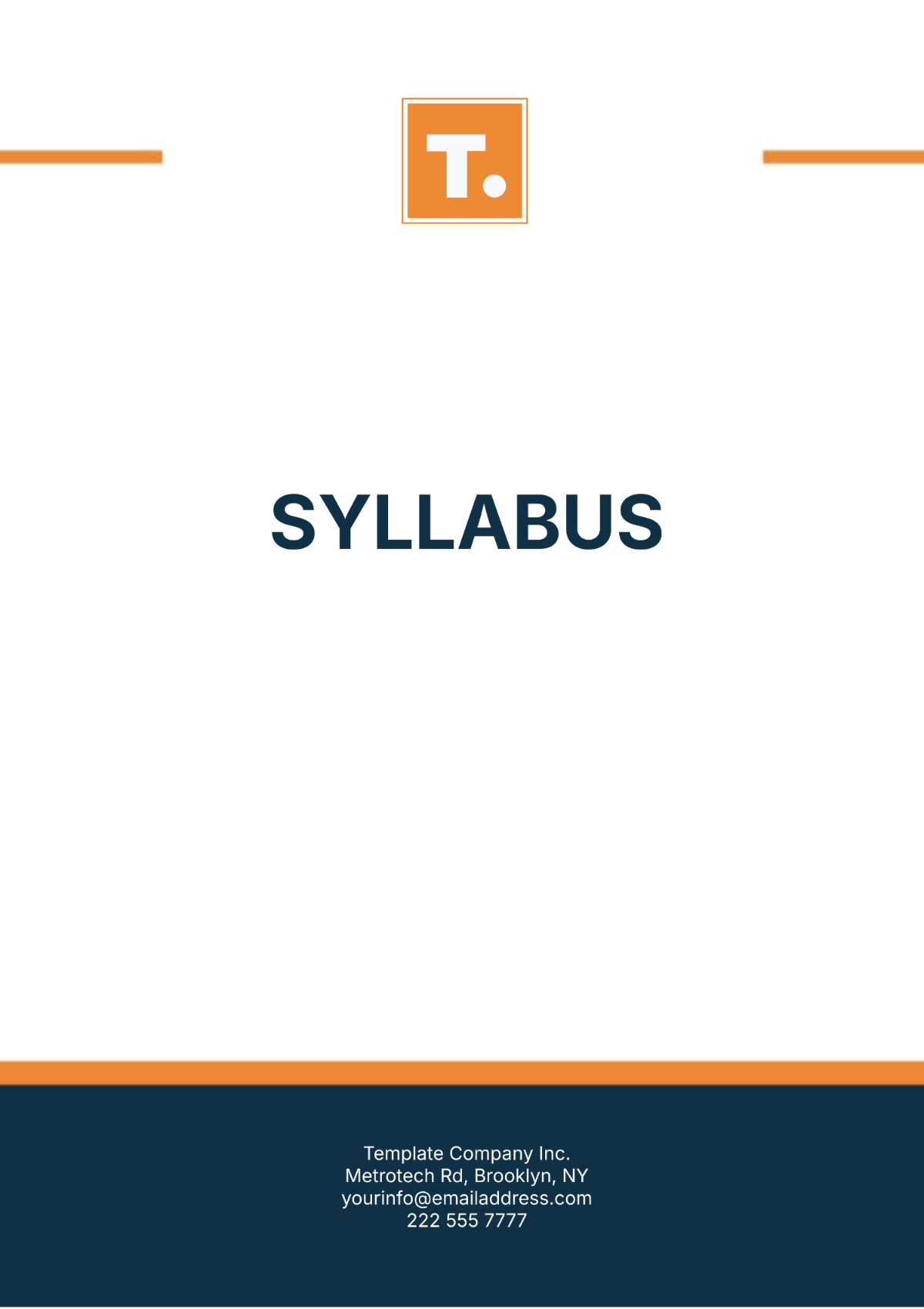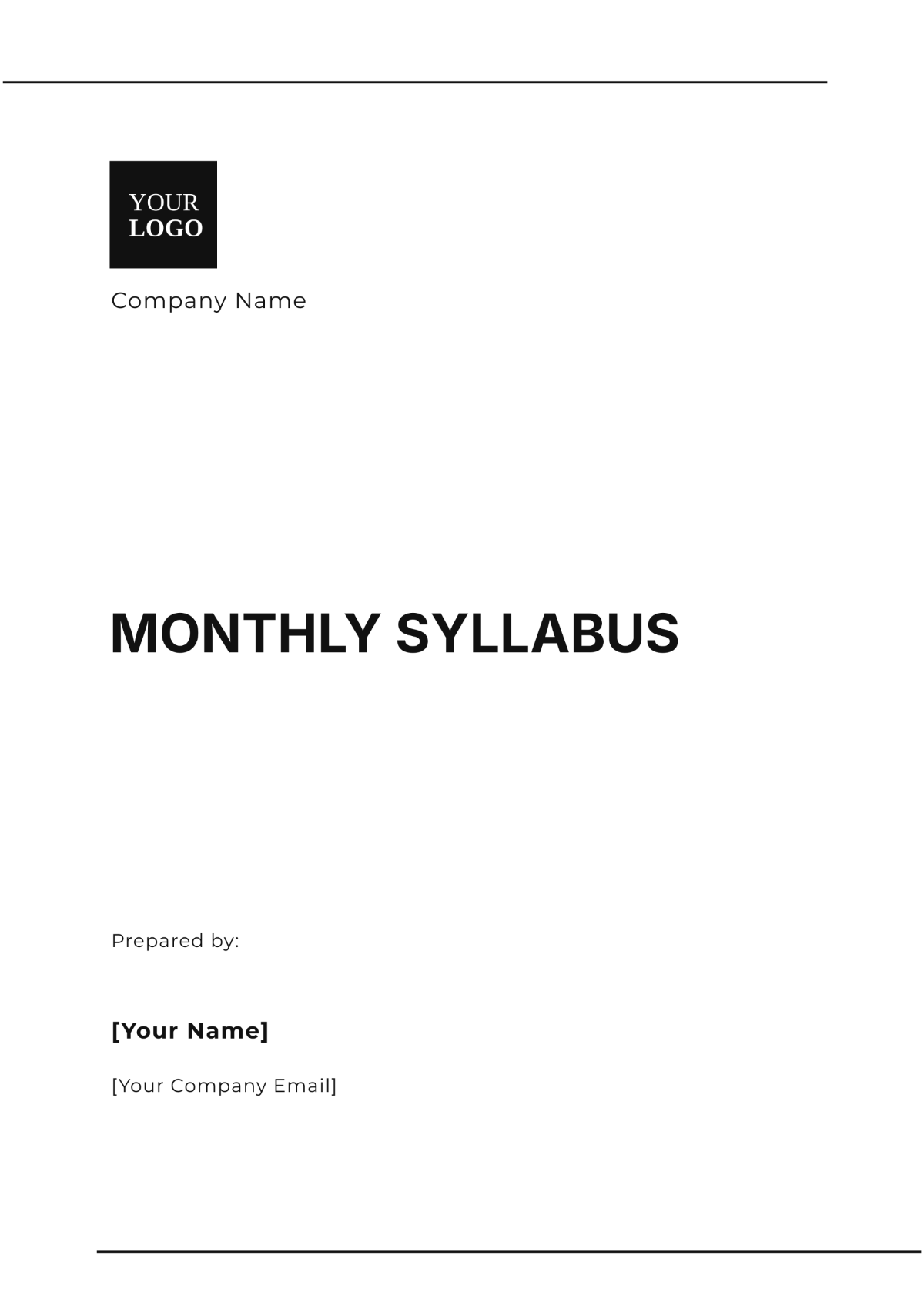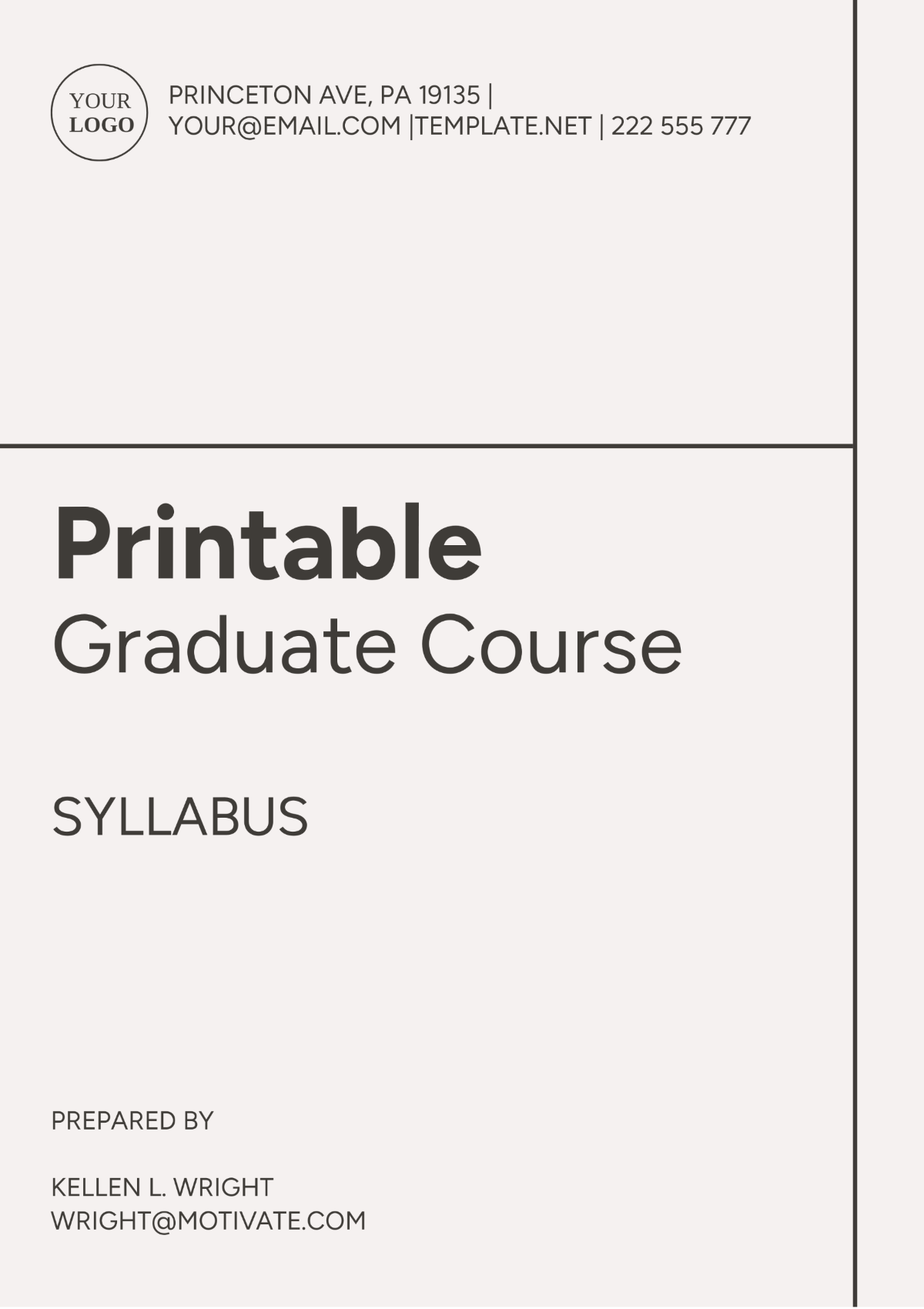Course Syllabus
COURSE DETAILS
Course Title | Fundamentals of Computer Science |
Course Code | 783-7057 |
Course Schedule | Mondays and Wednesdays |
Class Location | [Your Company Address] |
Class Time | 10:00 AM to 12:00 NN |
1. Course description
This course introduces students to the foundational concepts in computer science. Topics include introduction to computer systems, data structures and algorithms, and problem-solving skills. It aims to familiarize students with the basic principles of computational thinking and coding.
2. Instructor Information
Instructor: [Your Name]
Contact: [Your Email]
Organization: [Your Company Name]
3. Learning Objectives
Understand basic computer systems and their operations.
Acquire problem-solving skills using computational thinking and algorithms.
Learn and apply basic programming principles.
Become familiar with basic data structures and their applications in problem-solving.
Develop skills for future advanced studies in the field of computer science.
4. Course Schedule
Week | Topic | Reading |
|---|---|---|
1 | Introduction to Computer Systems | Chapter 1, Textbook |
2 | Computational Thinking and Problem Solving | Chapter 2, Textbook |
3 | Introduction to Algorithms | Chapter 3, Textbook |
5. Required Reading and Materials
Textbook: Introduction to Computer Science
Supplementary Reading: Computational Thinking for the Modern Problem Solver
An Encoding and Decoding Algorithm Handbook
Introduction to Data Structures
Access to an online code compiler (Recommendation: Repl.it)
6. Assignments and Assessments
Weekly reading and problem-solving assignments
Midterm project: Coding a simple program
Final project: Coding a data structure-based program
Midterm examination
Final examination
7. Course Policy
All assignments and readings must be completed and submitted by their respective deadlines.
There are no makeup exams except for documented emergencies or medical conditions.
Students are expected to participate and stay engaged in all online platform discussions.
Academic honesty is expected, any form of plagiarism will lead to failure in the course.
Respect and courtesy for fellow students and the instructor should always be maintained in the interest of fostering a conducive learning environment.
8. Grading Policy
Grade Component | Percentage |
|---|---|
Assignments | 30% |
Midterm Project | 15% |
Final Project | 25% |
Midterm Exam | 10% |
Final Exam | 20% |
Disclaimer
This syllabus, which includes the schedule, and all elements therein are subject to potential alterations and modifications. Should any changes occur, they will be duly announced sufficiently ahead of time to avoid causing students any undue inconvenience. It is incumbent upon the student to consistently monitor the course's online platform to stay aware of any such updates and changes that may have been made.

